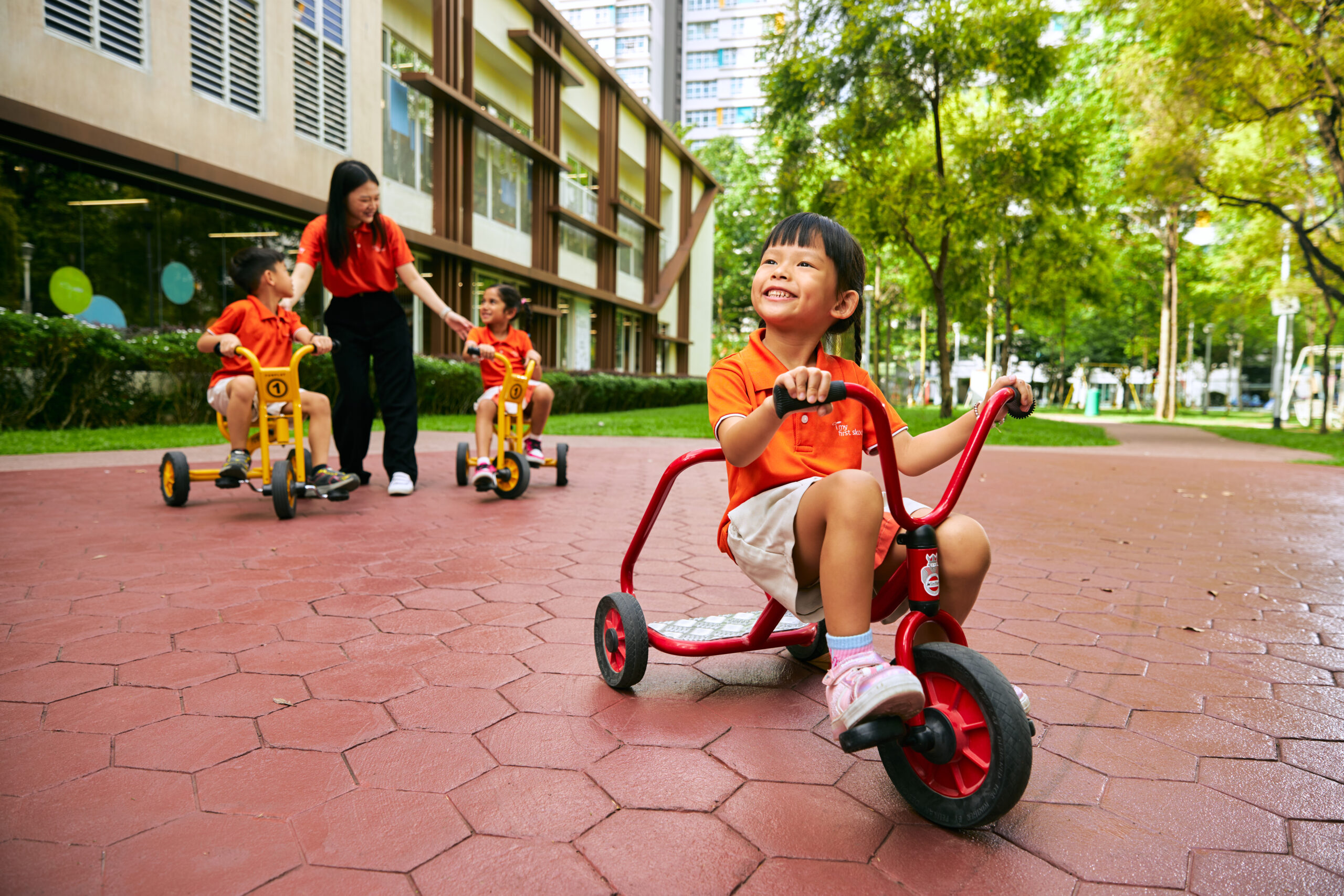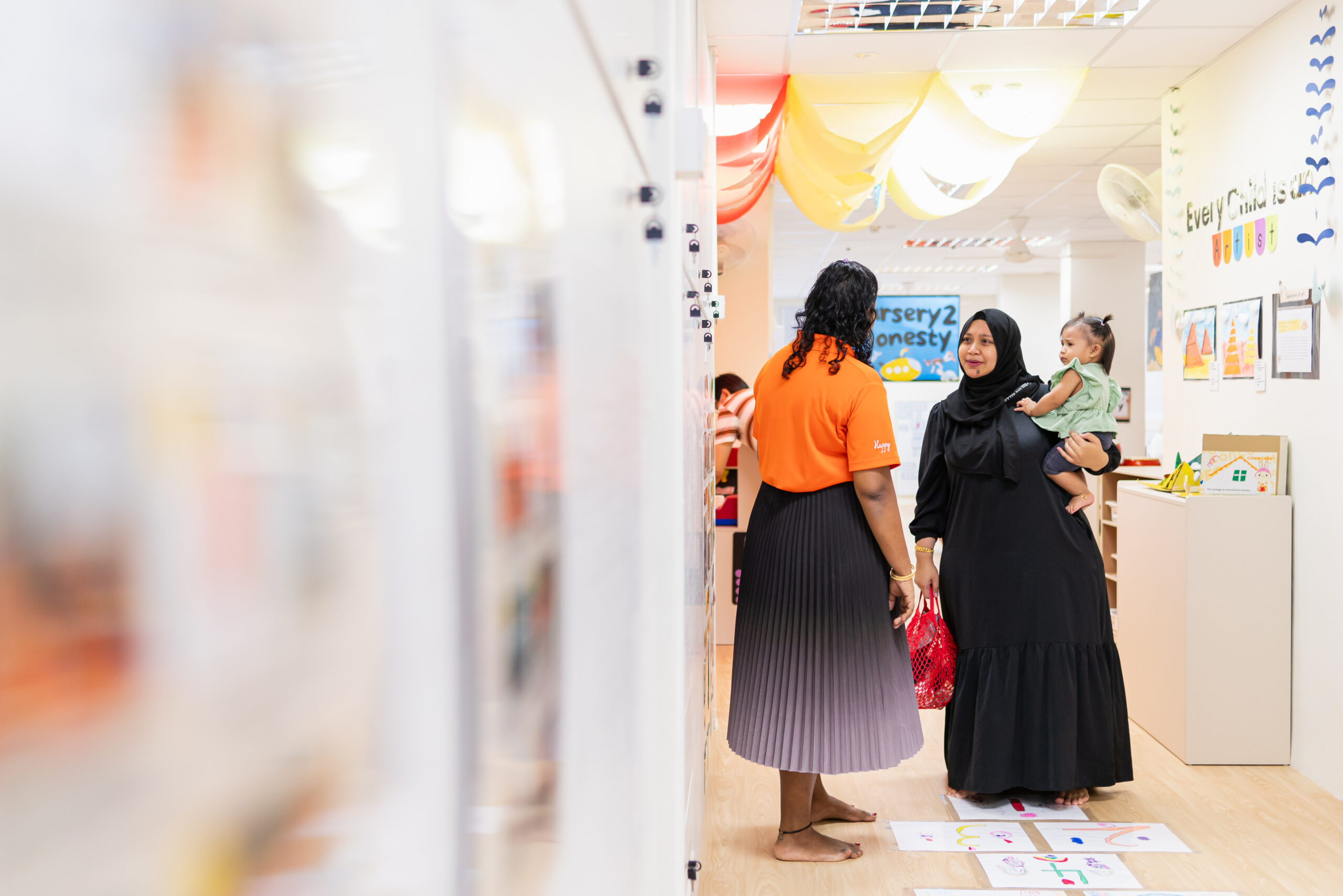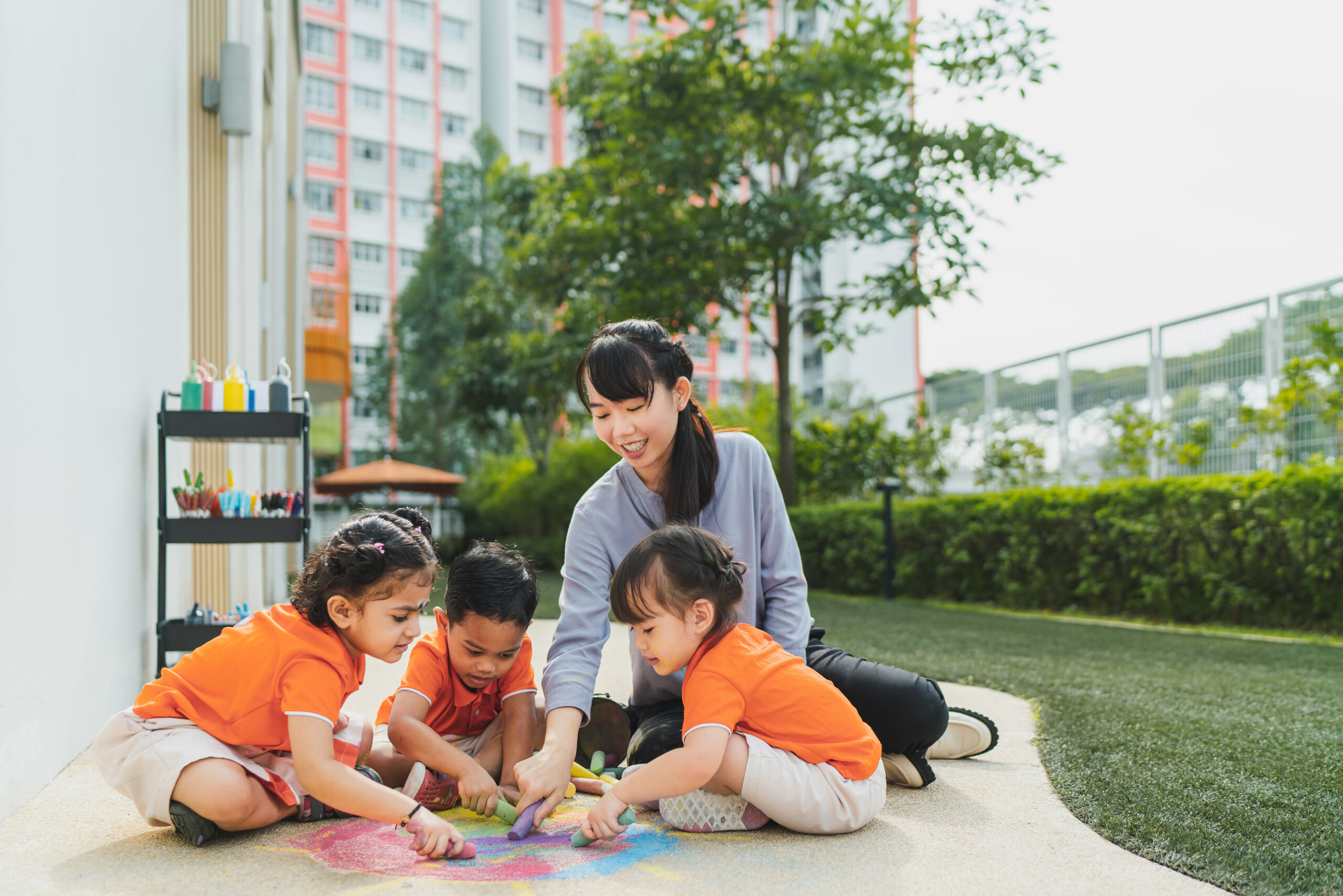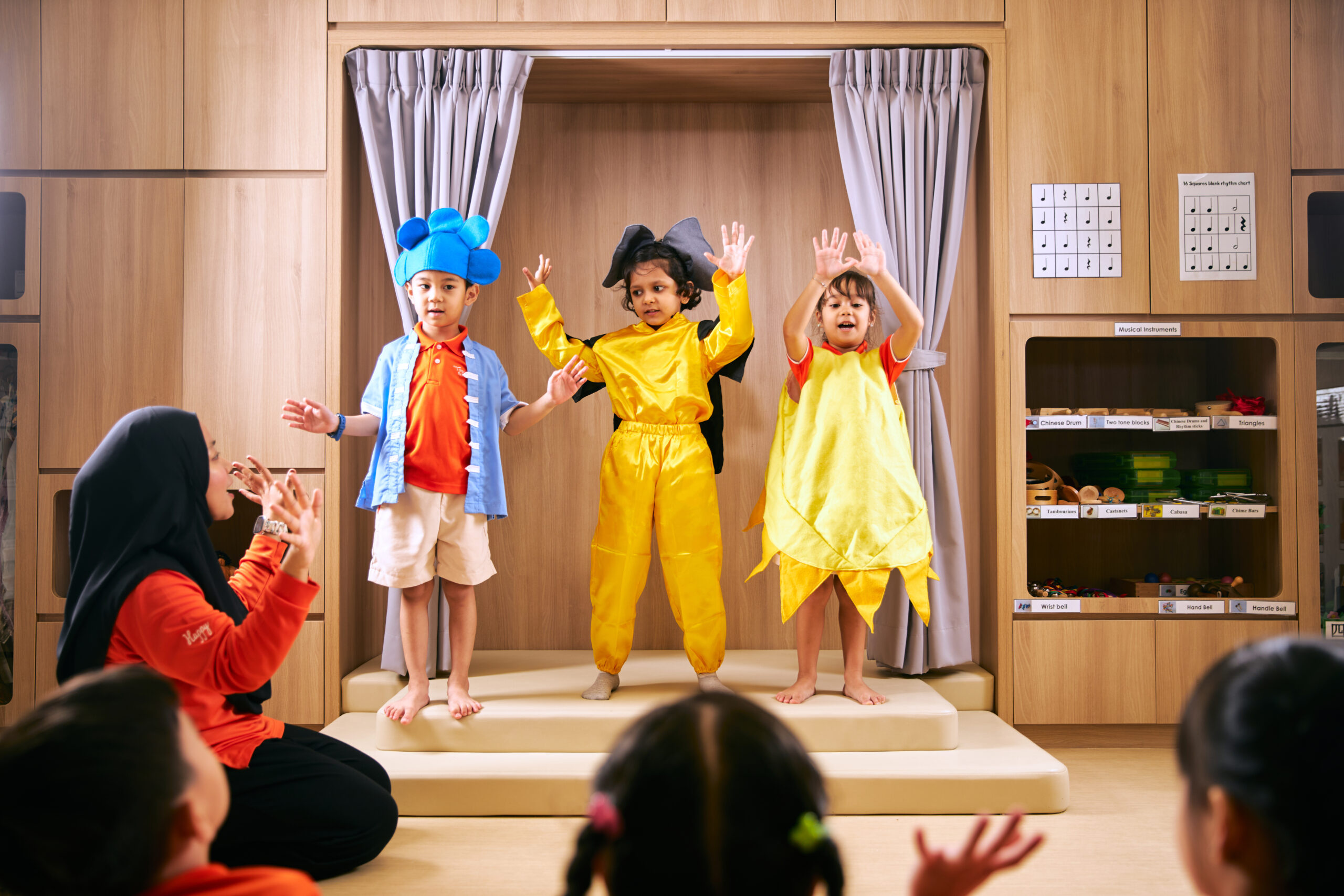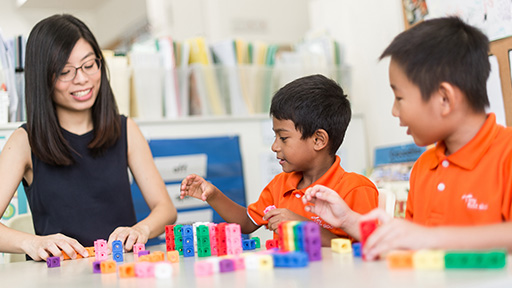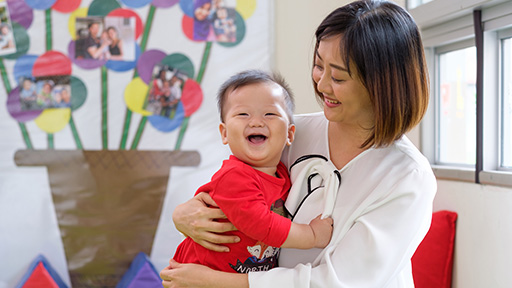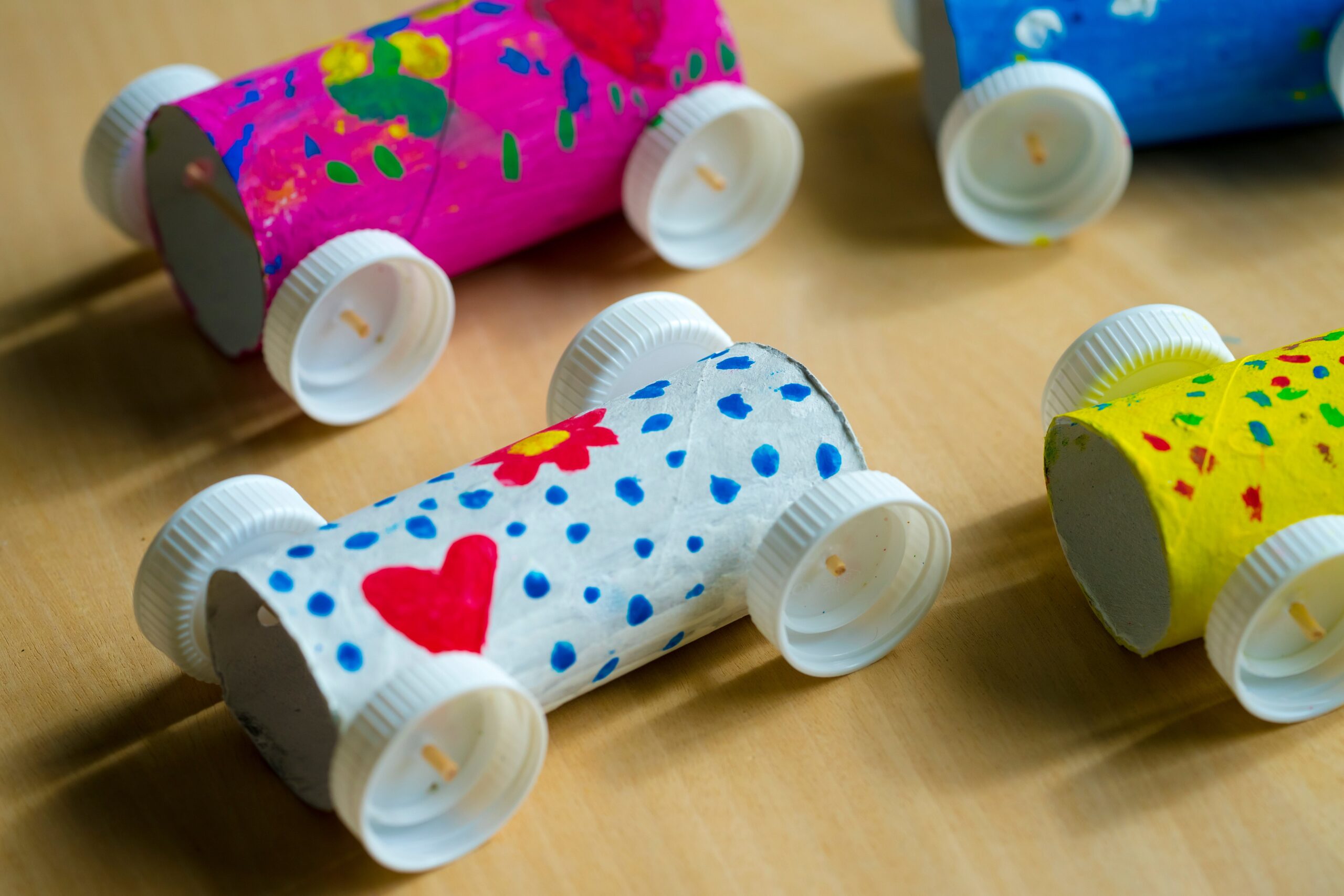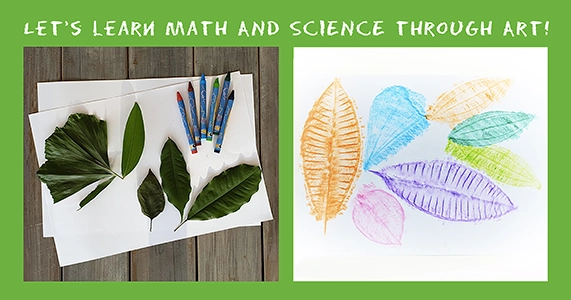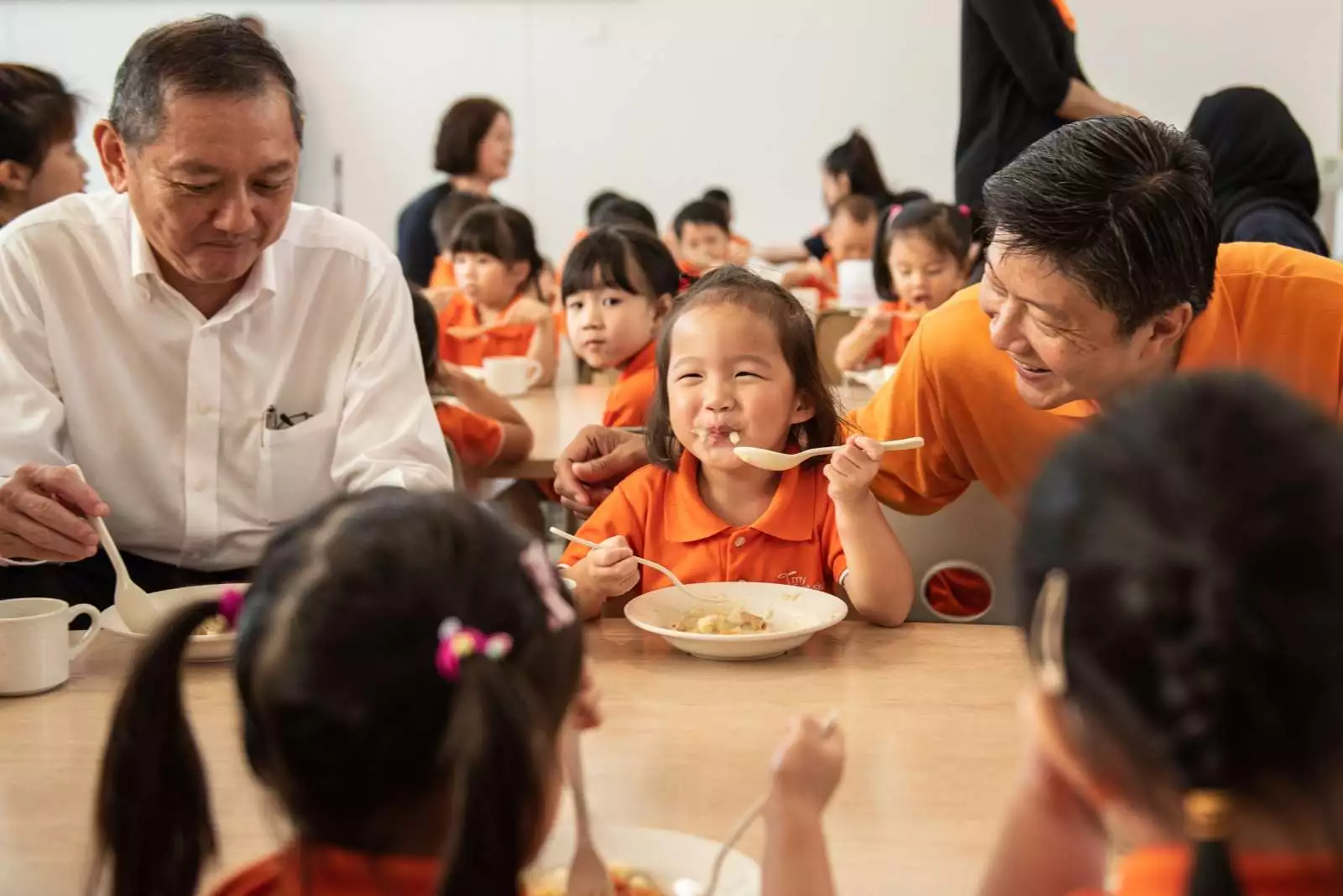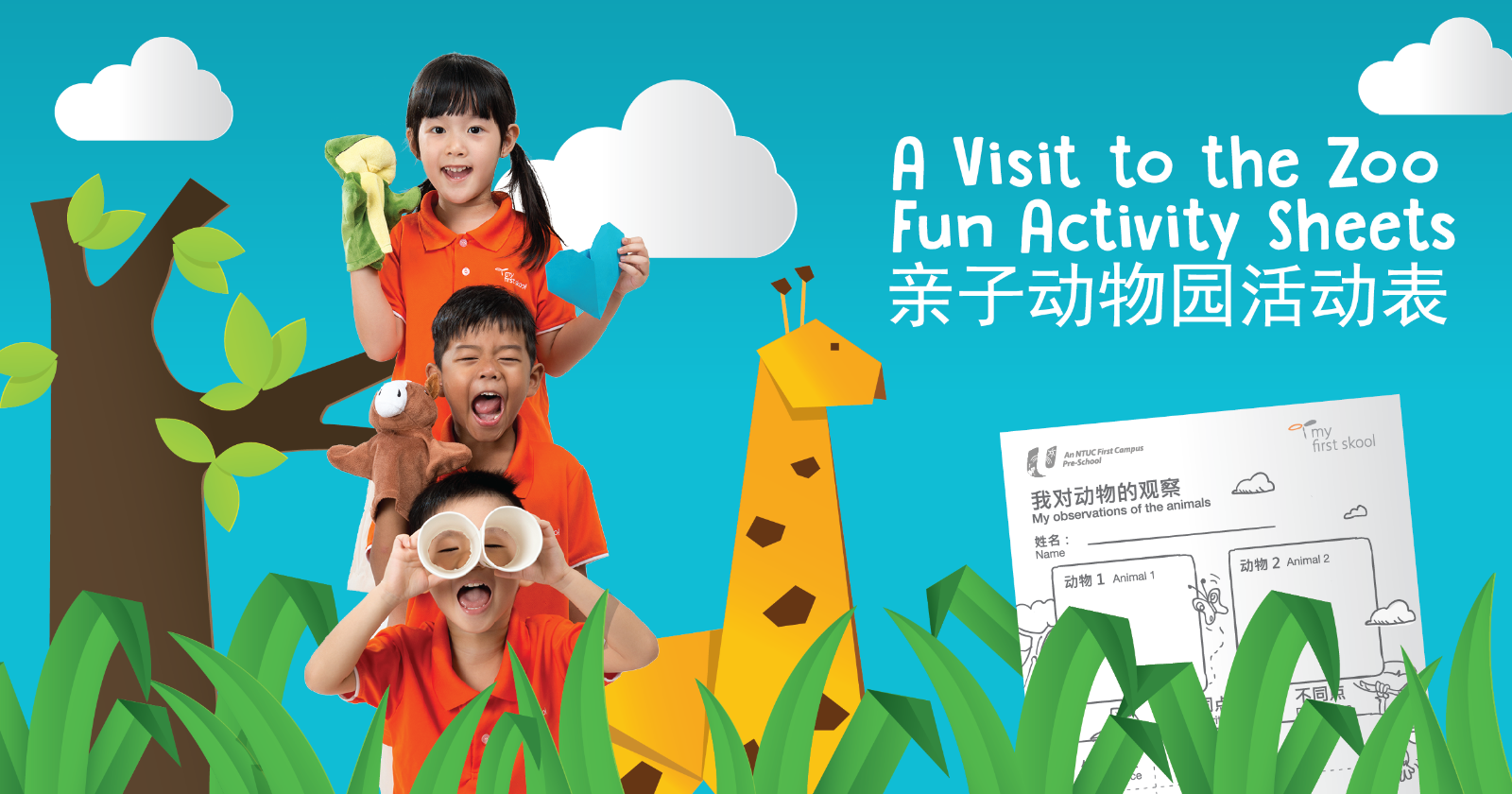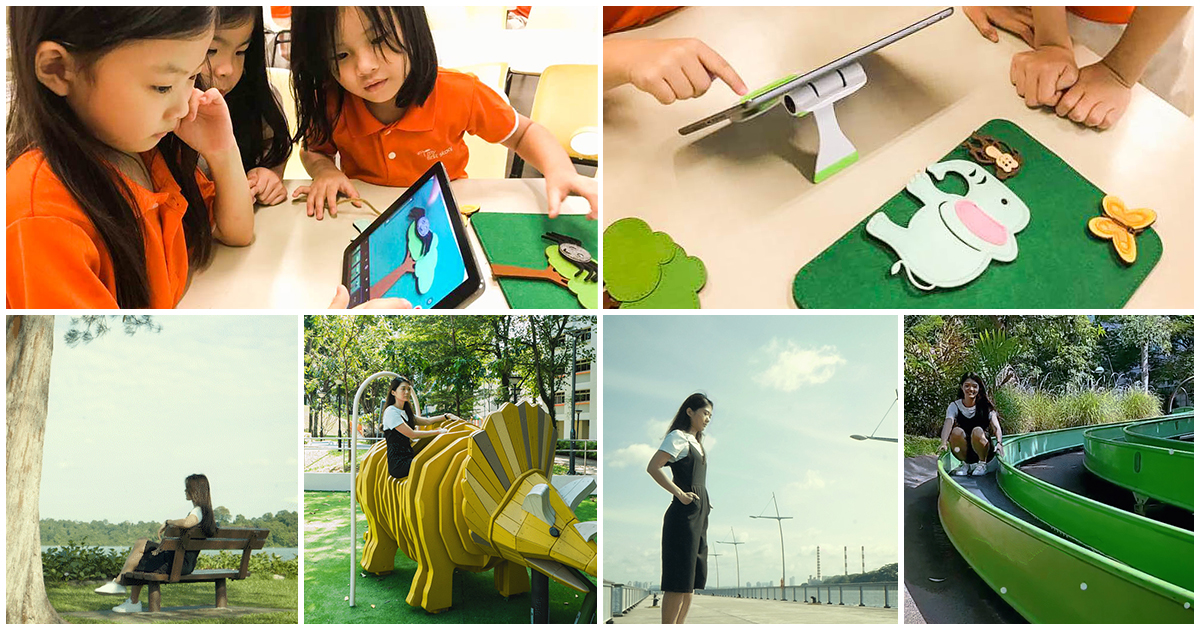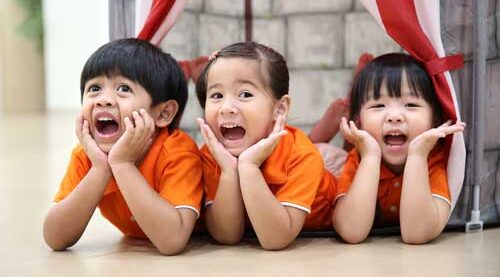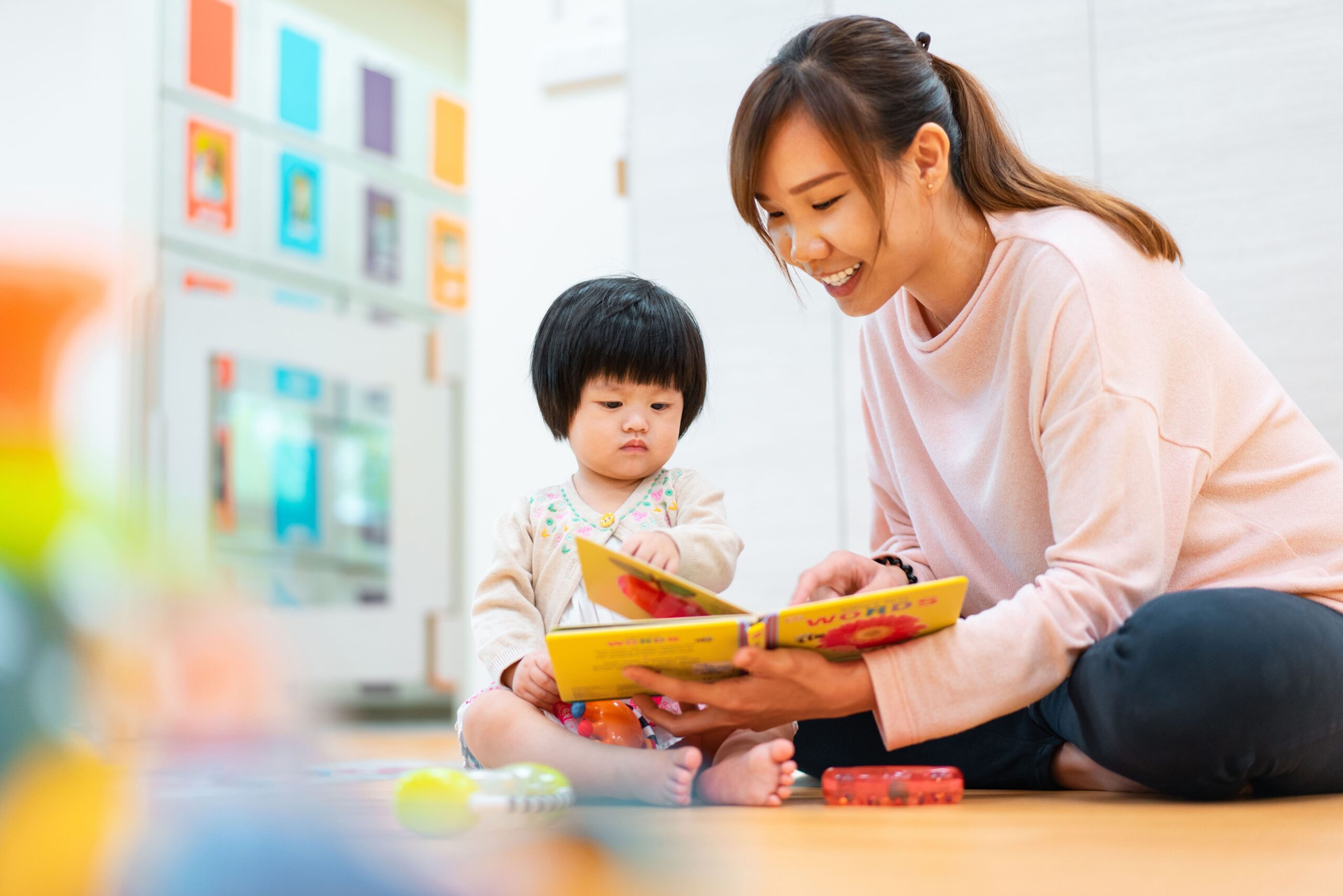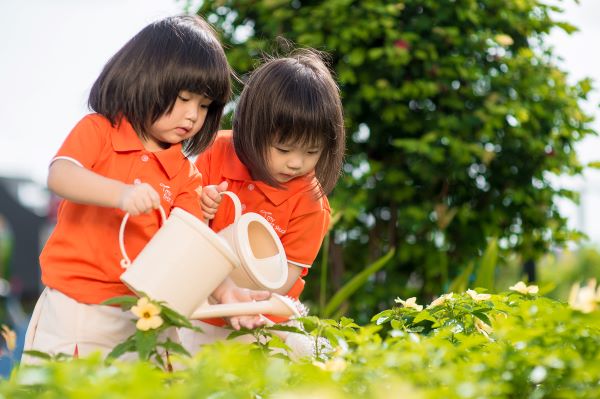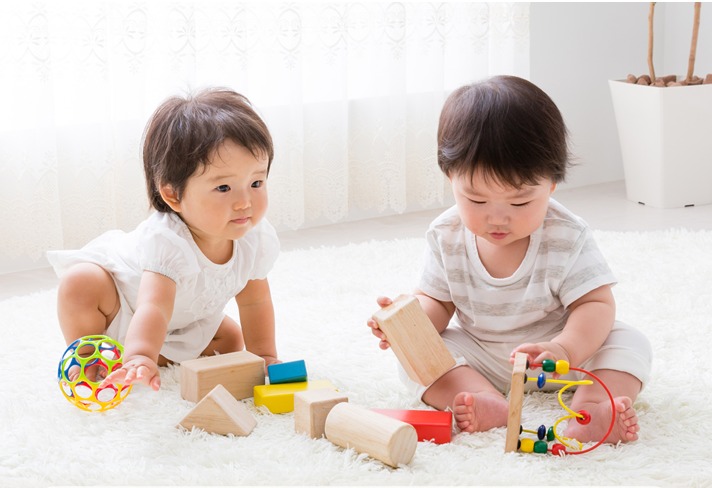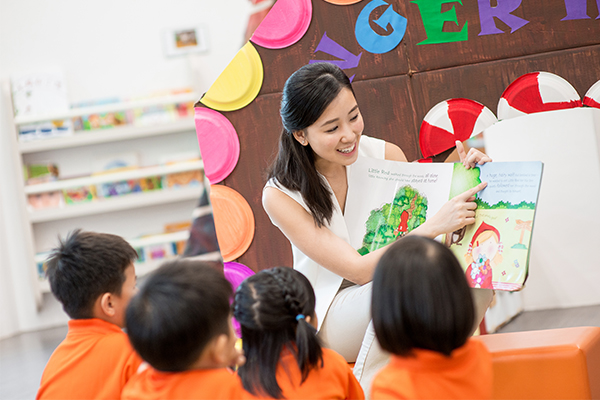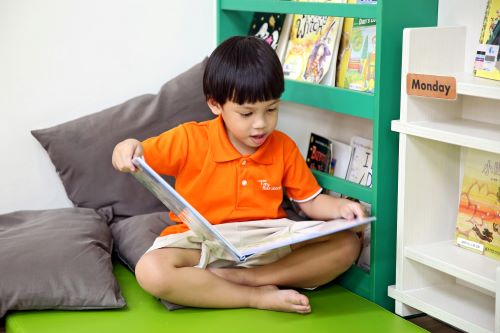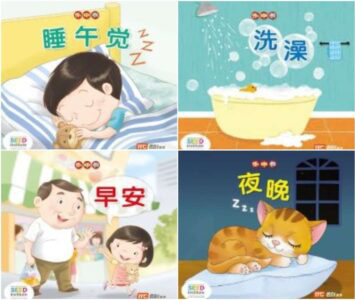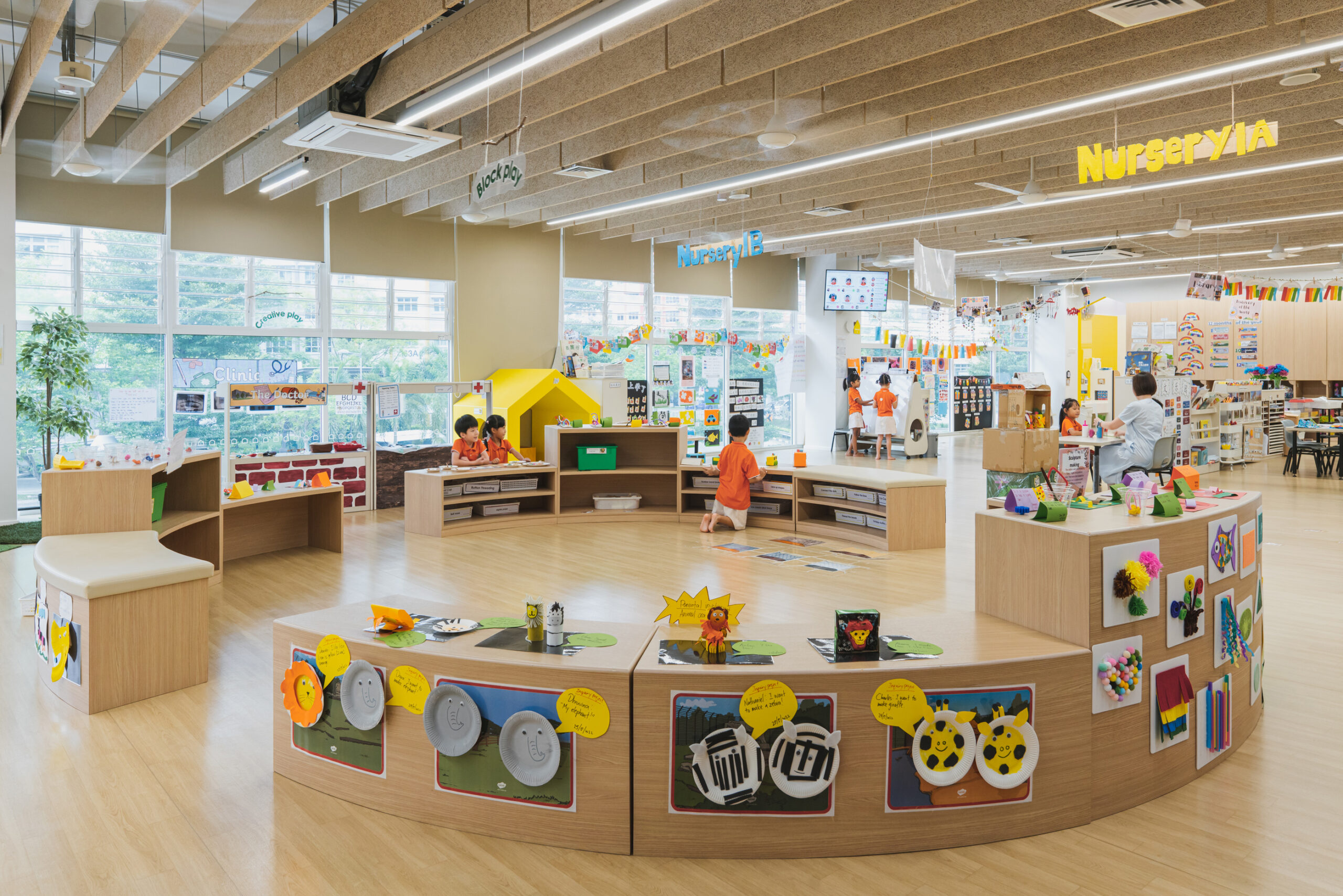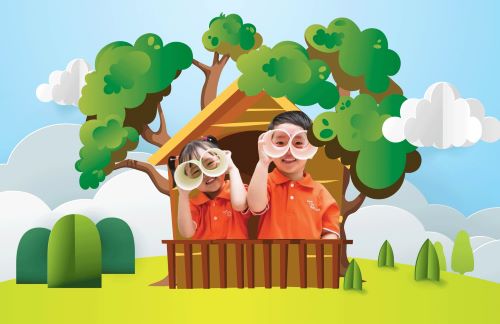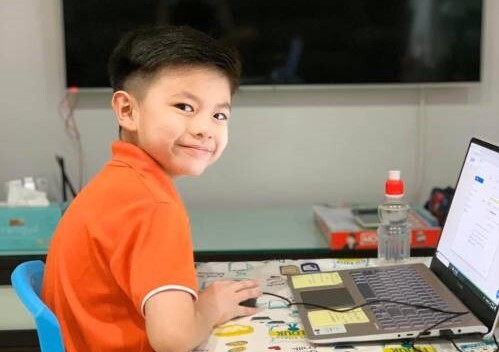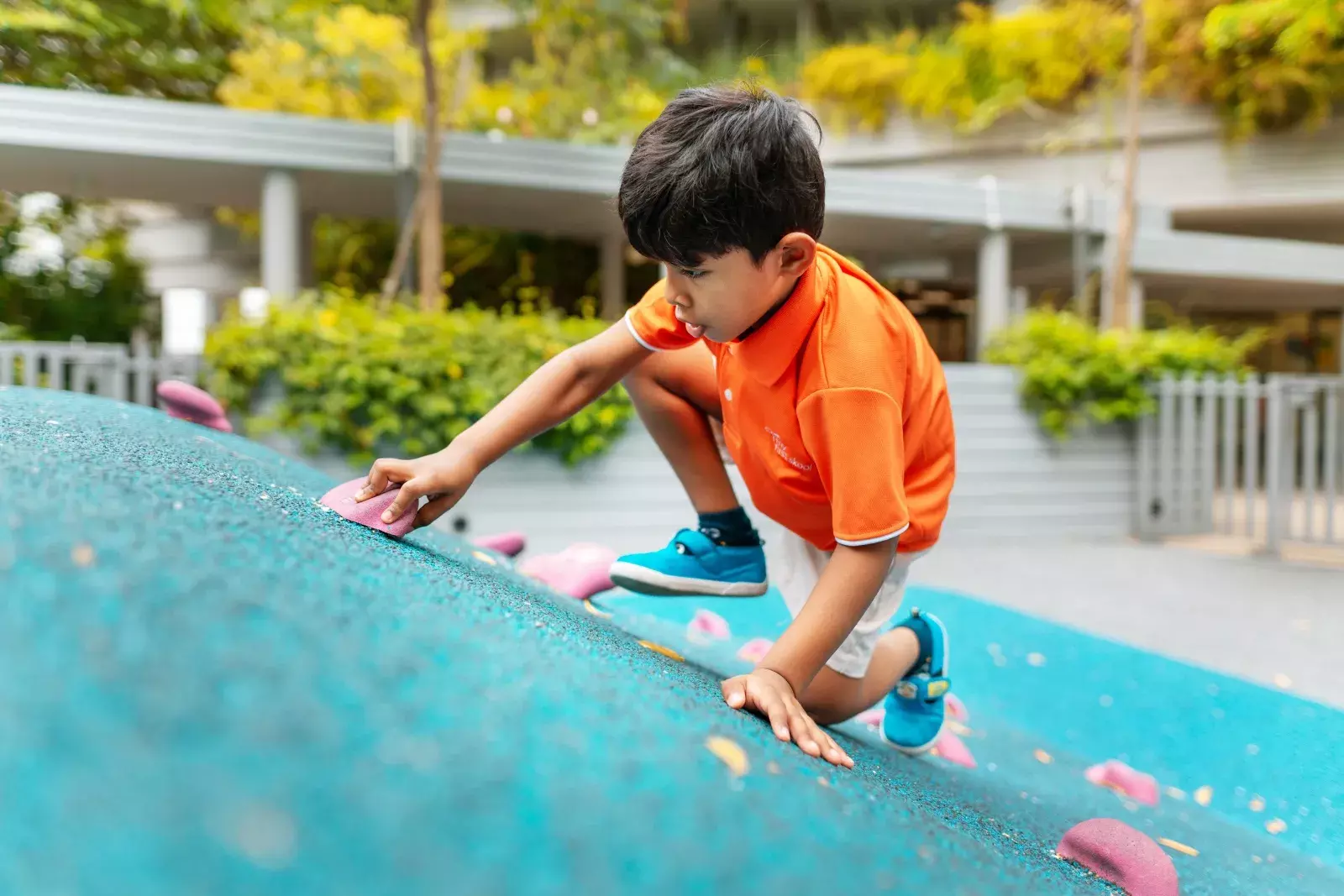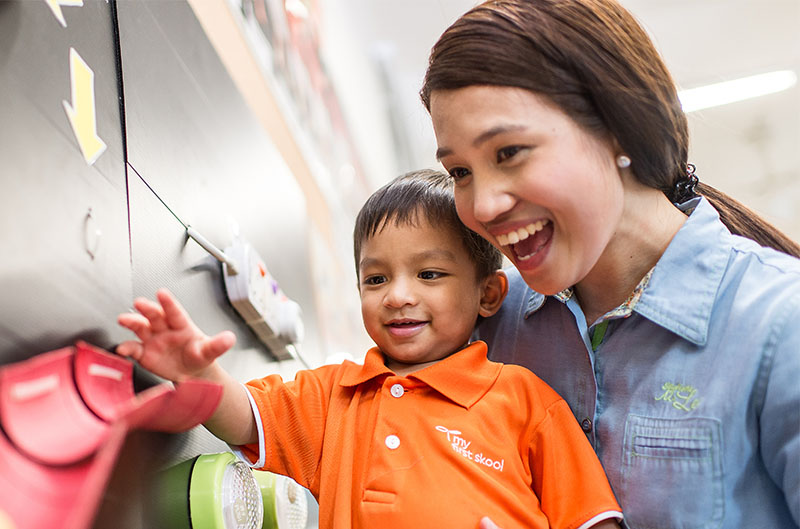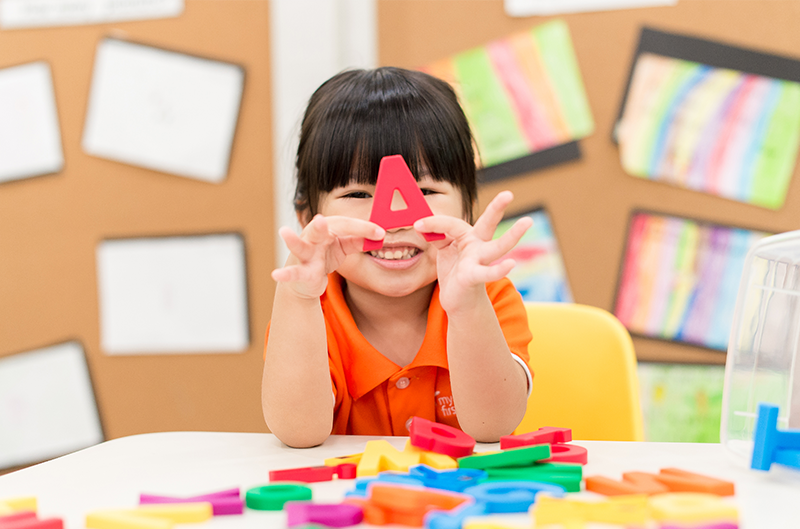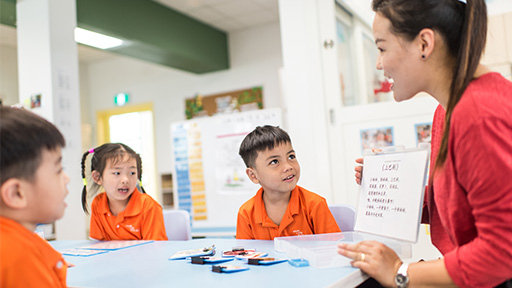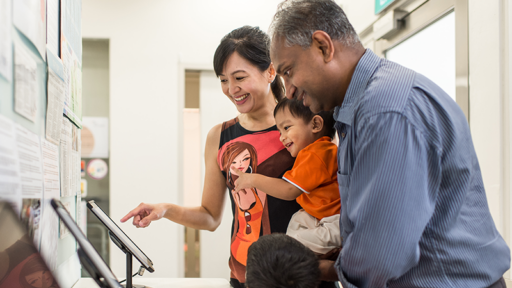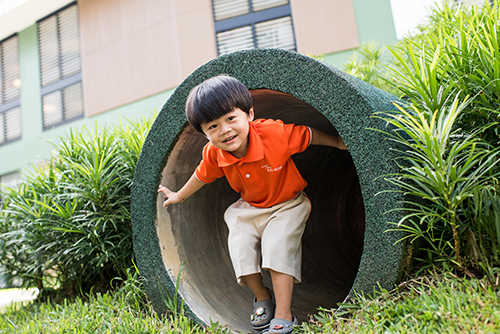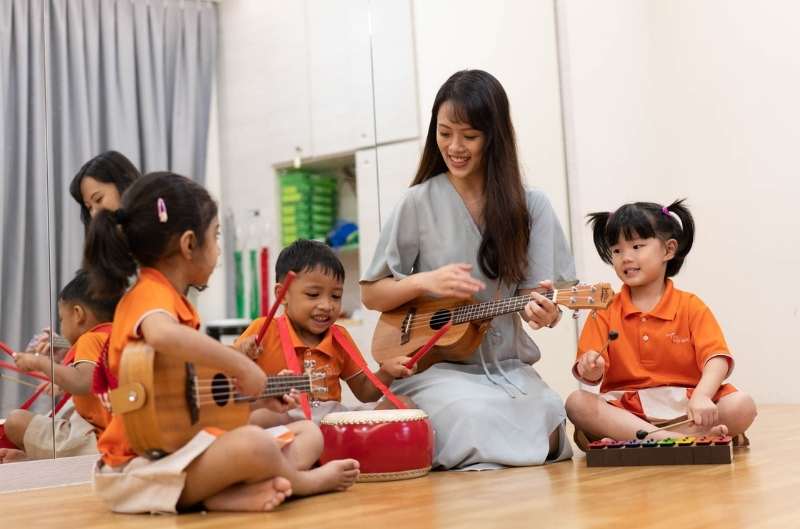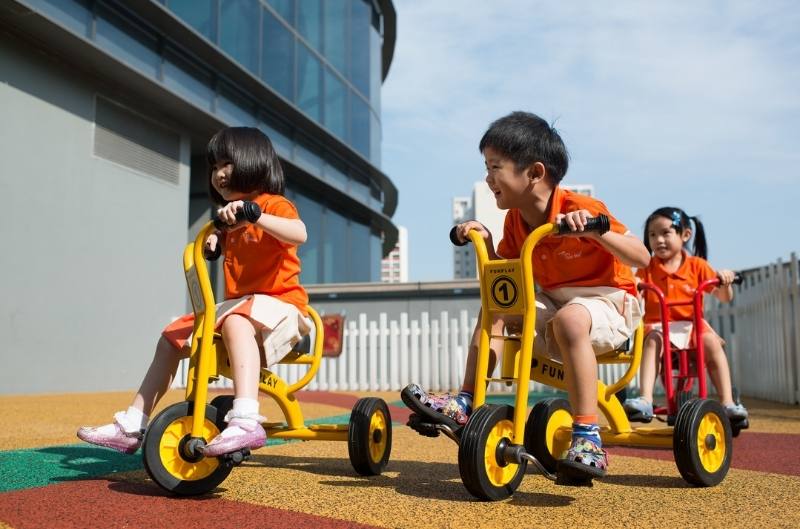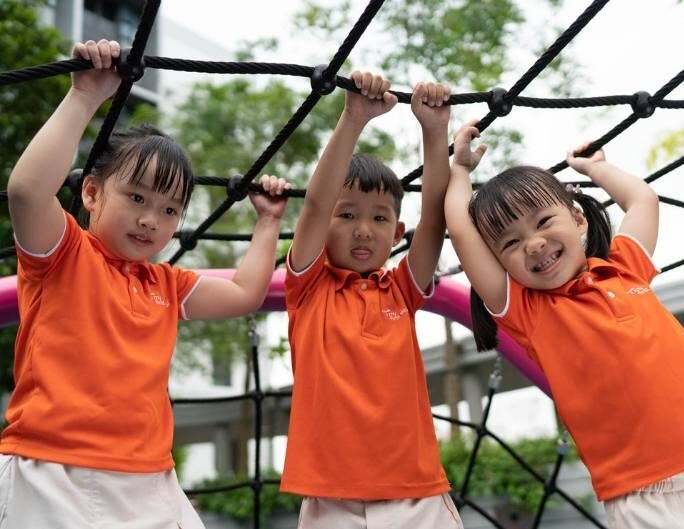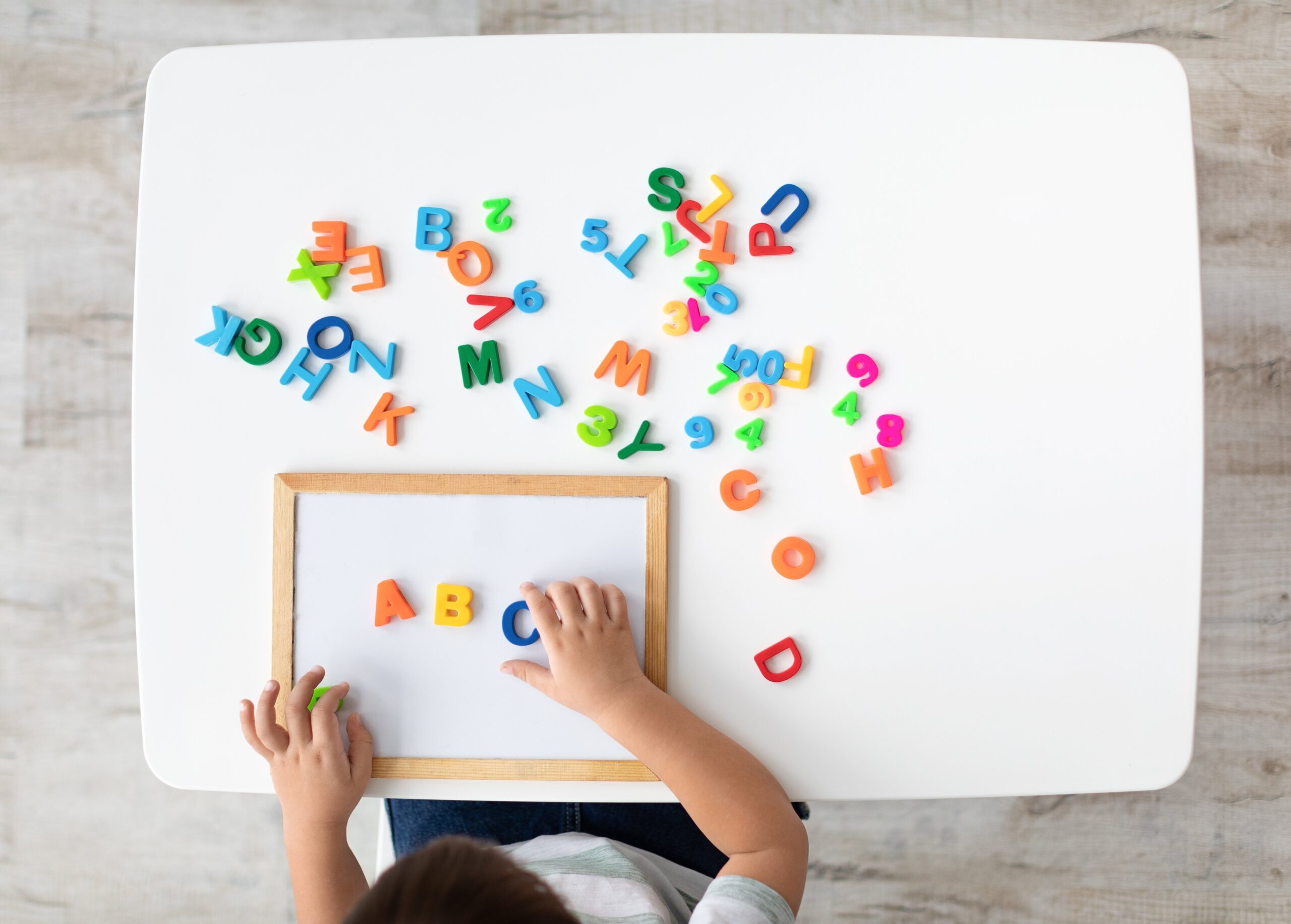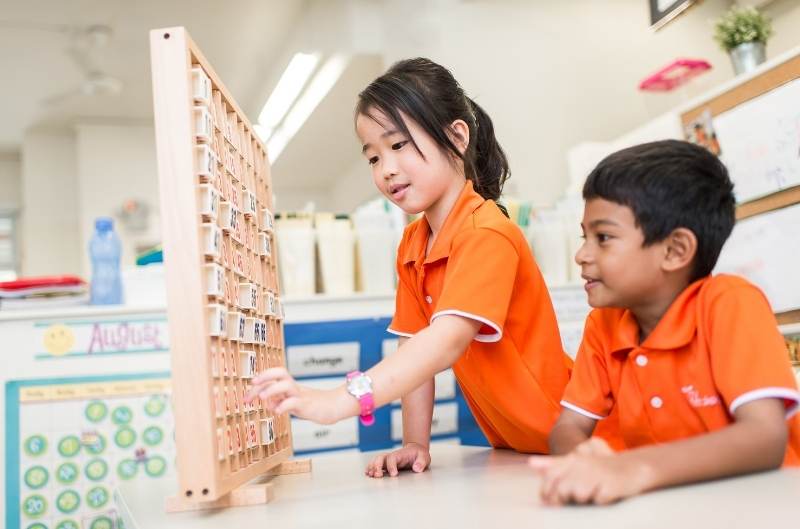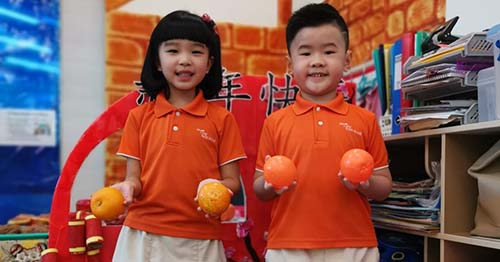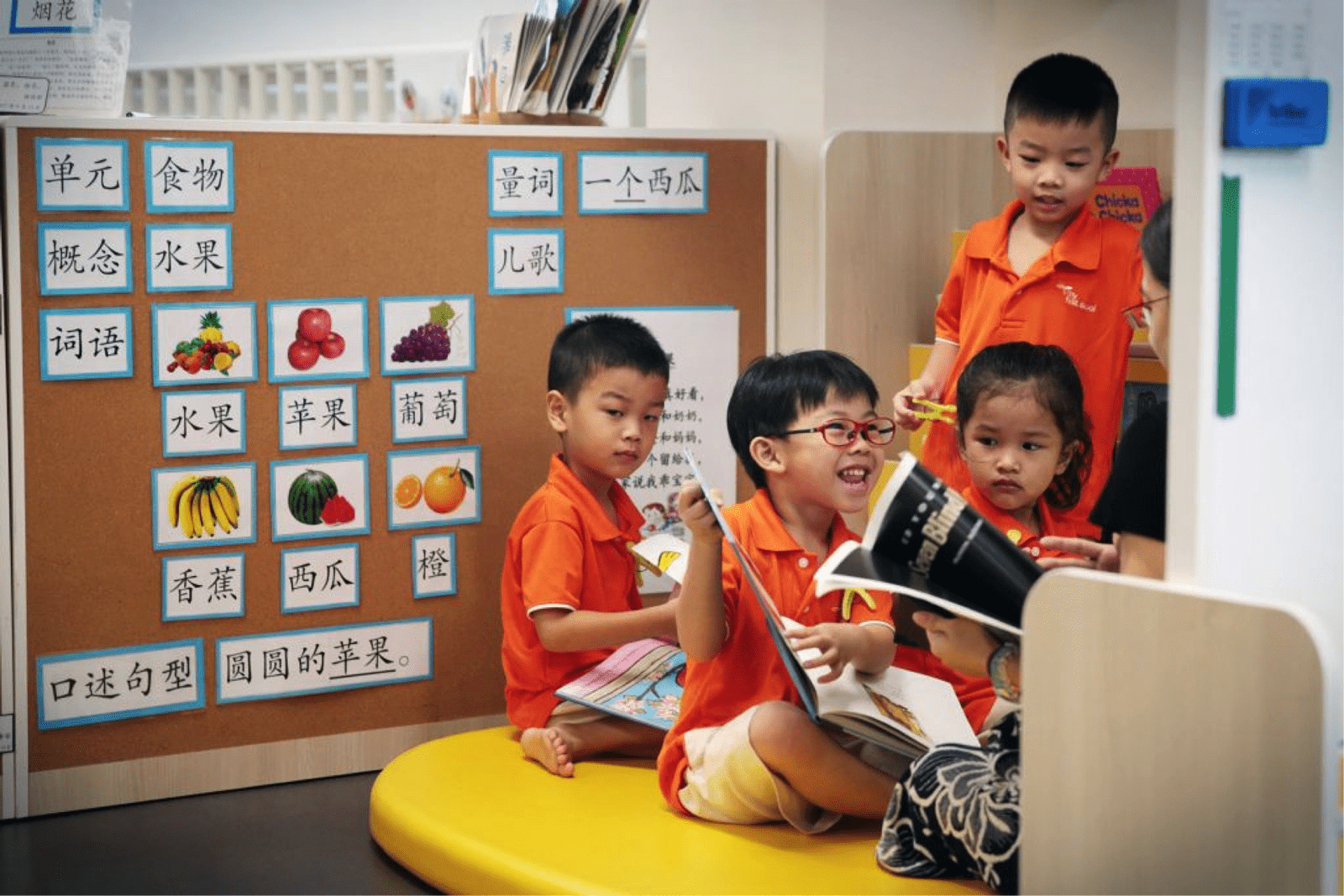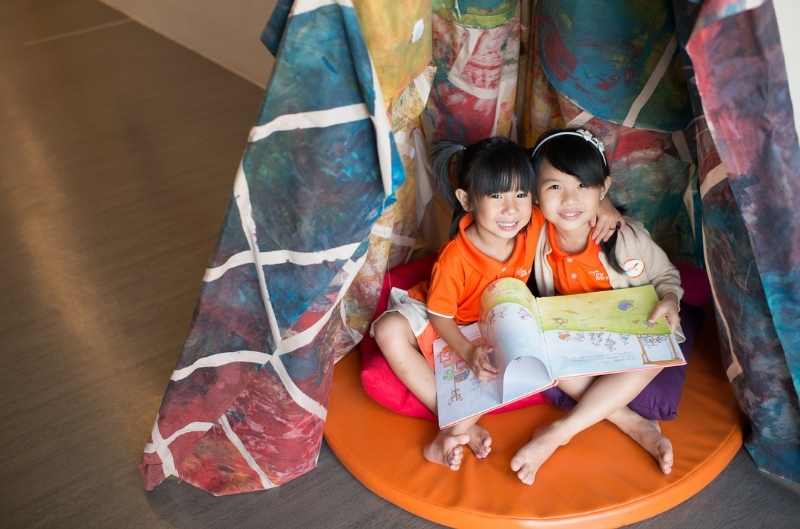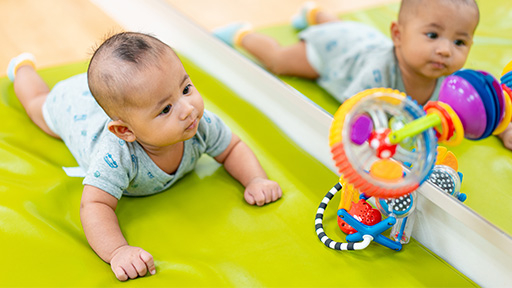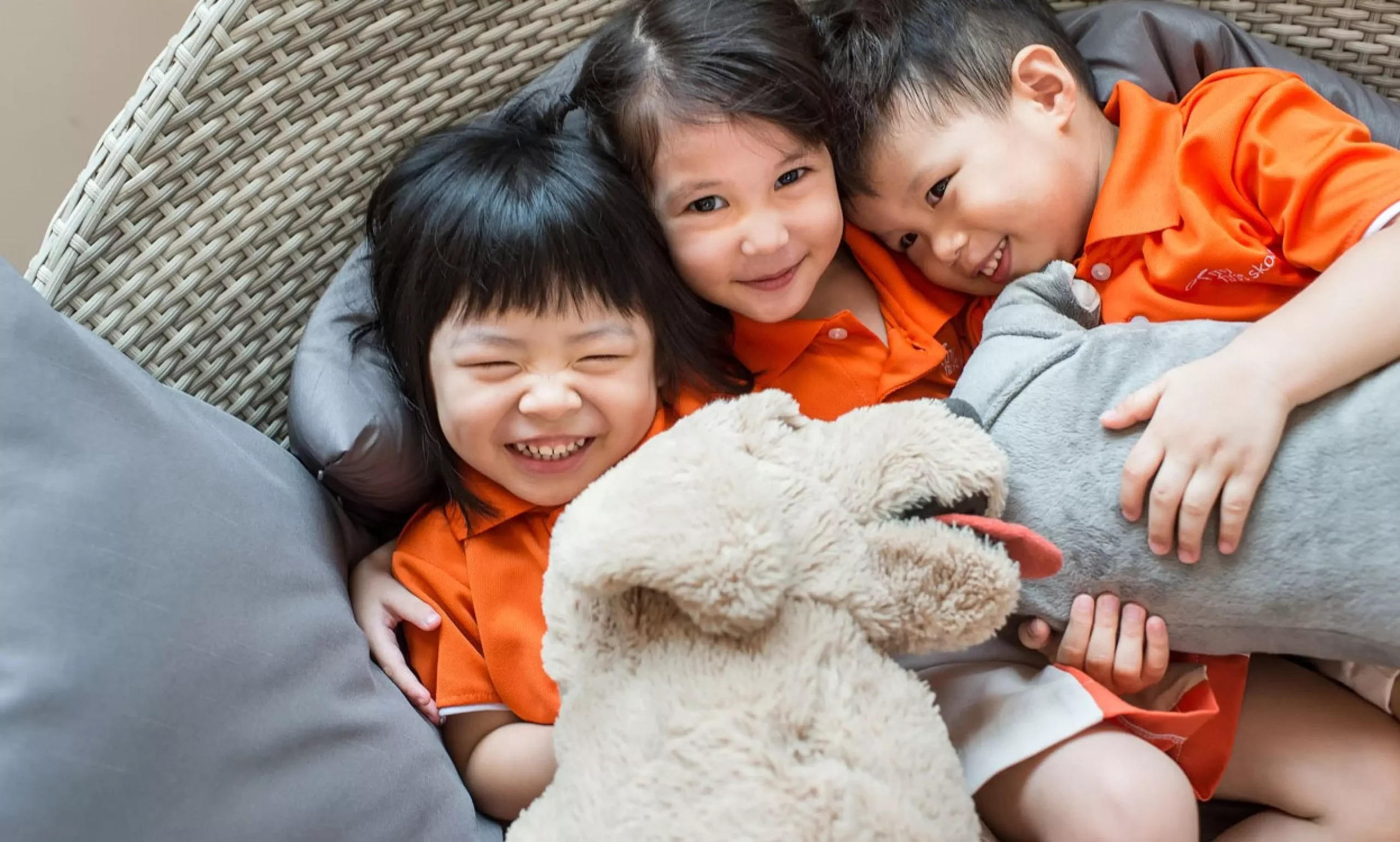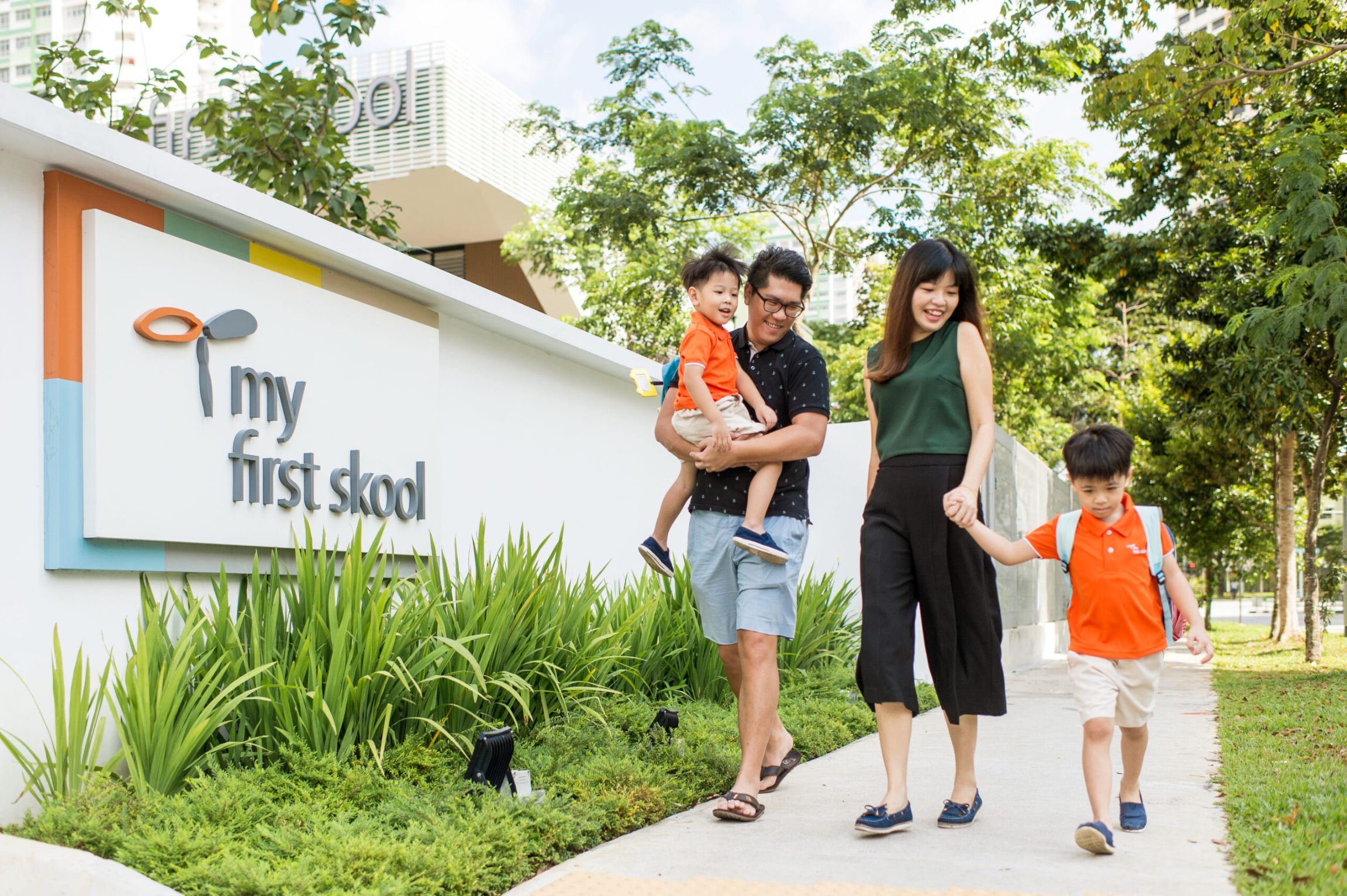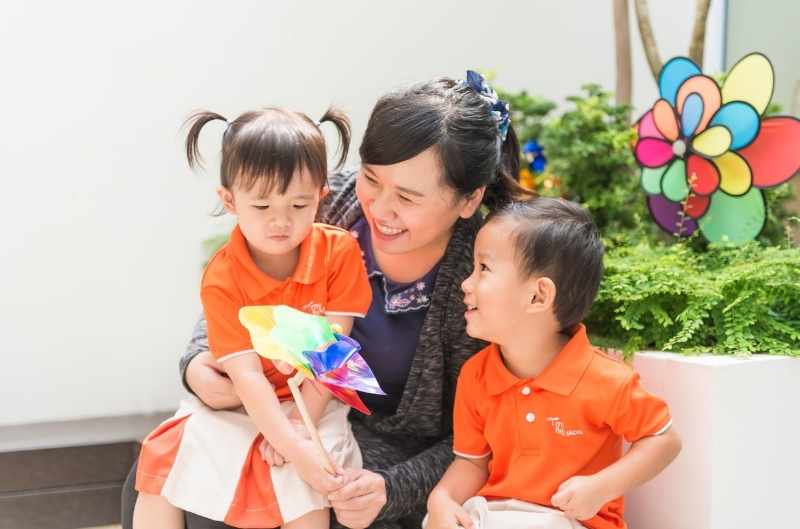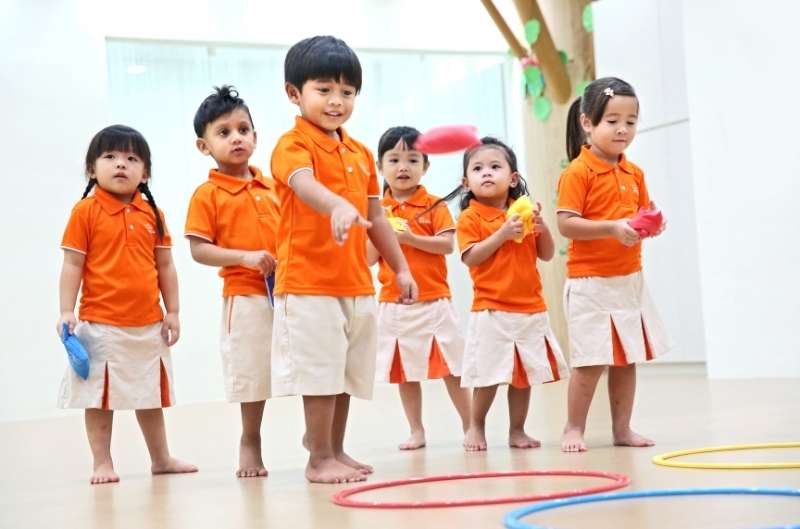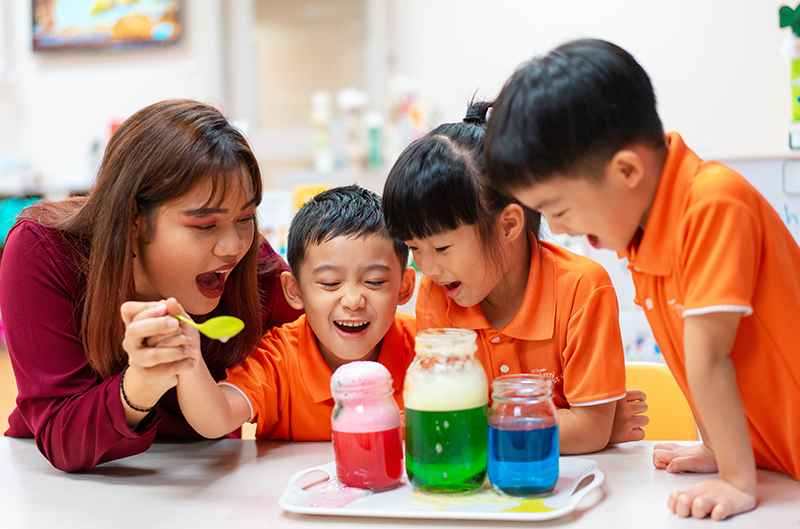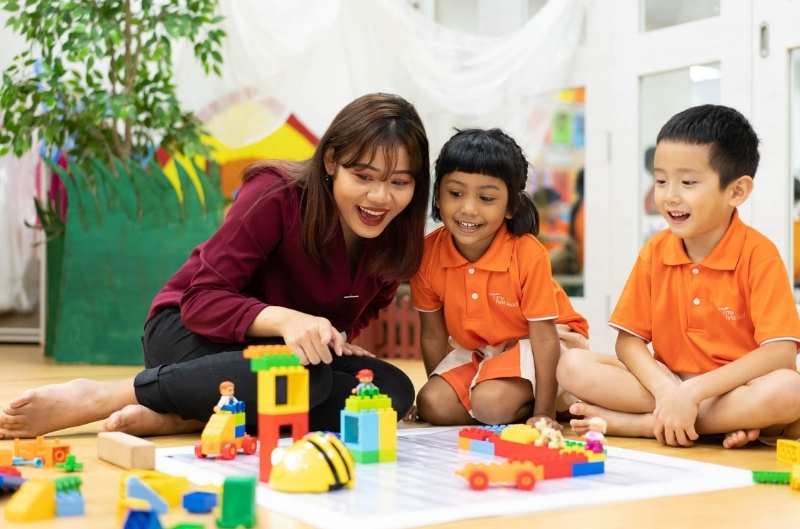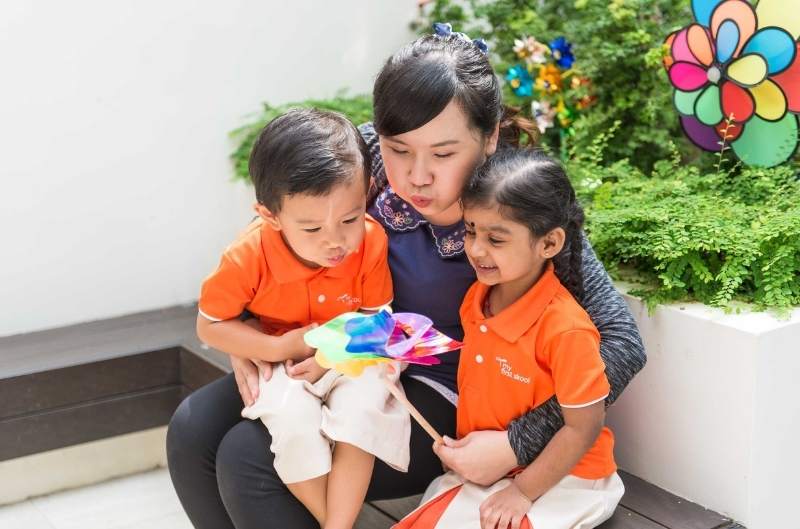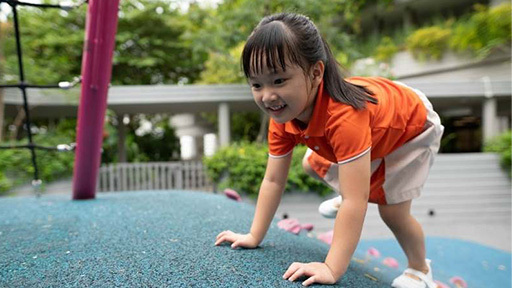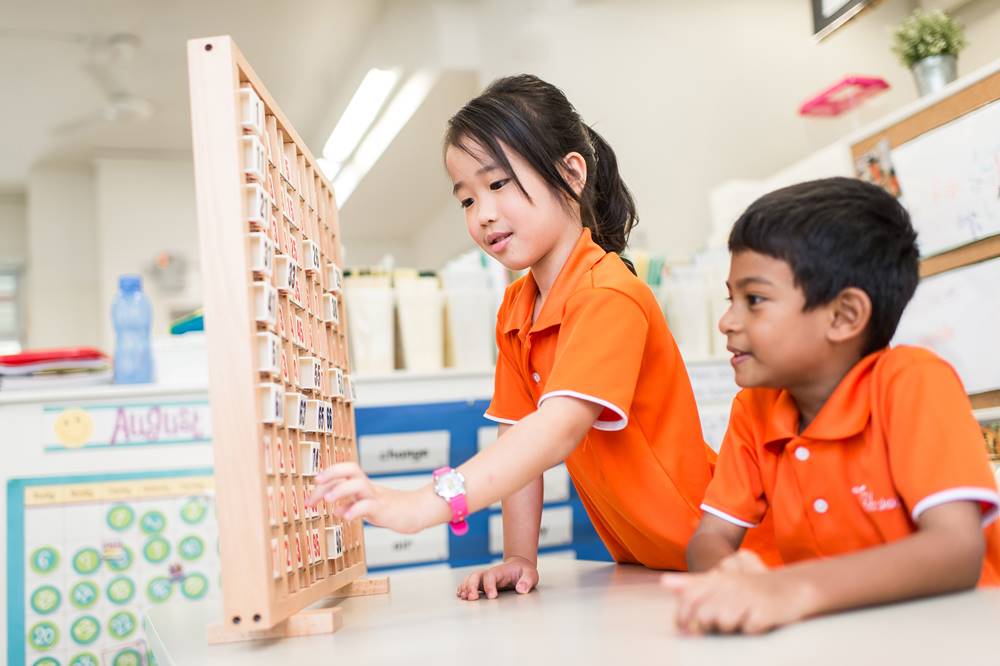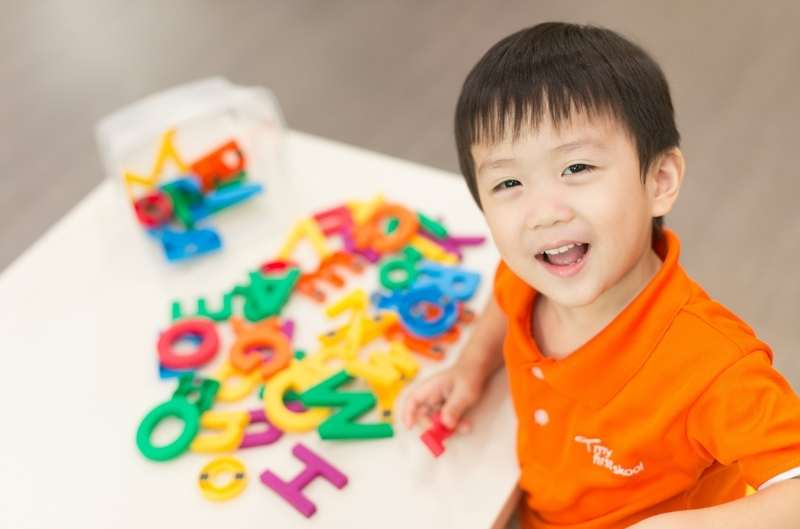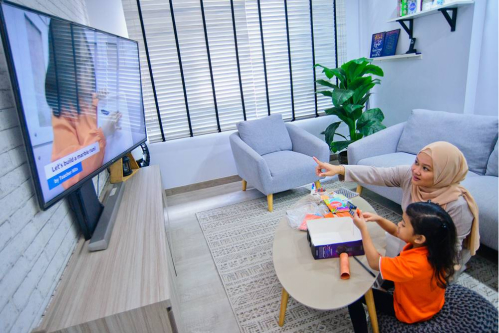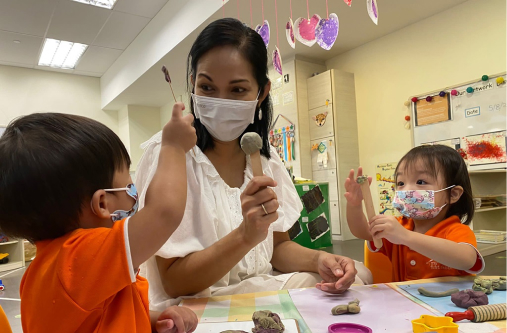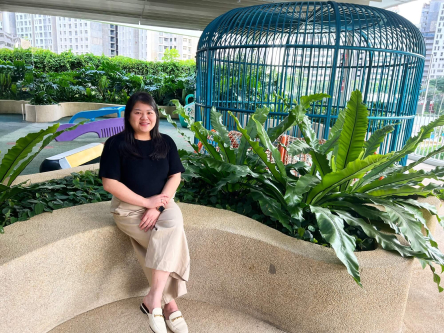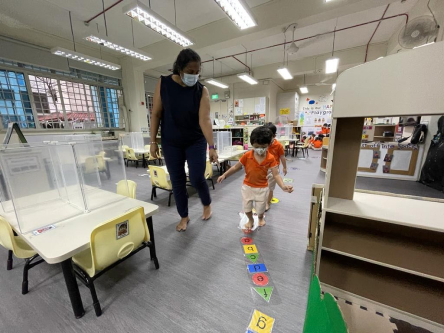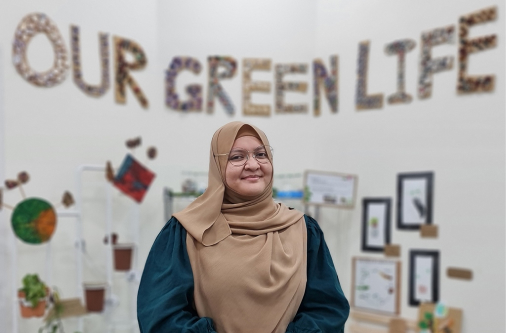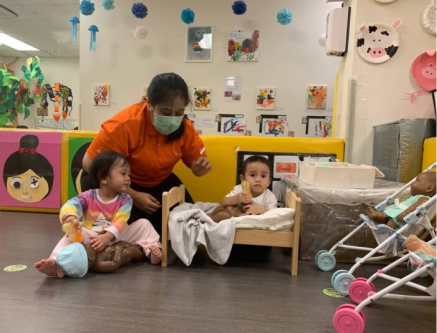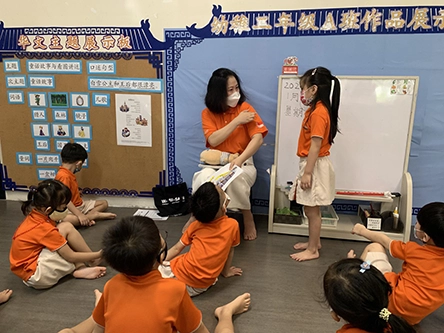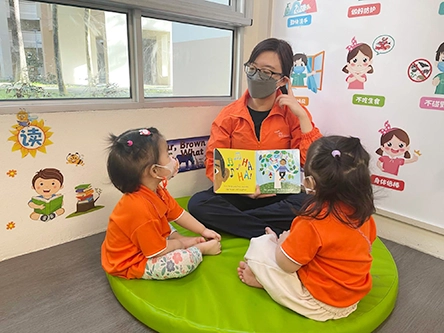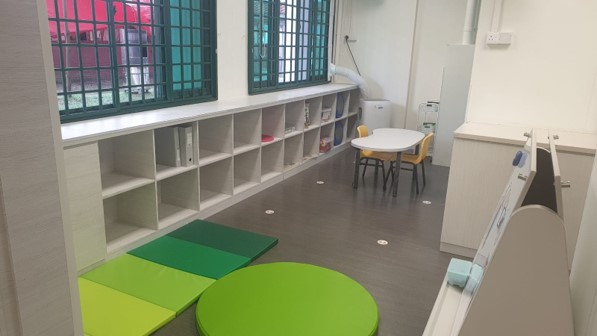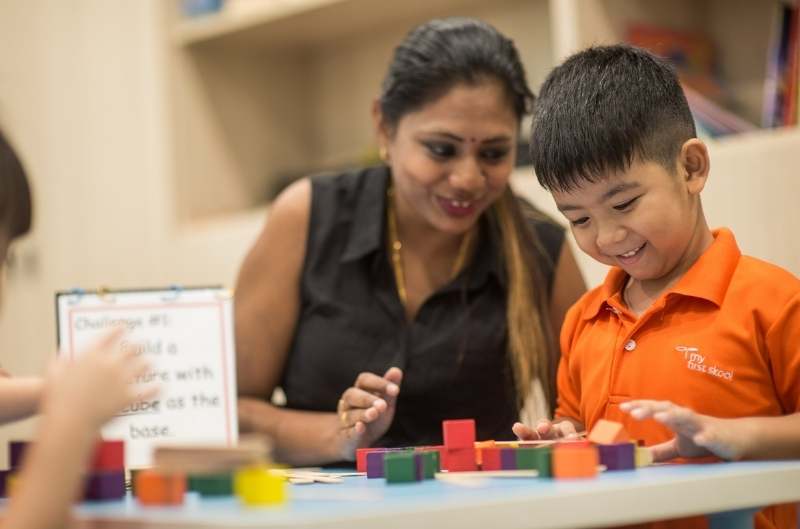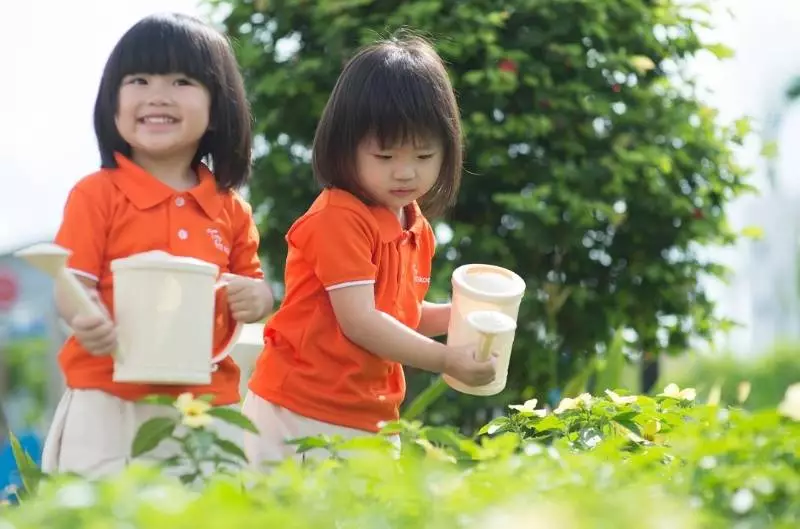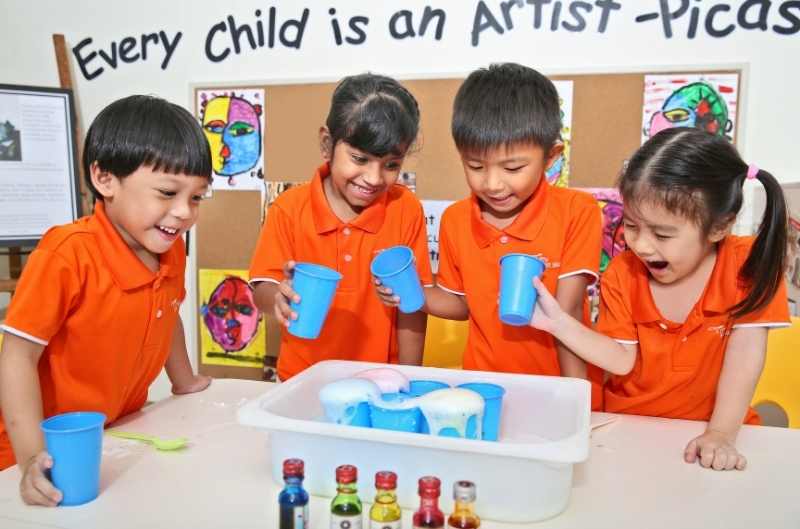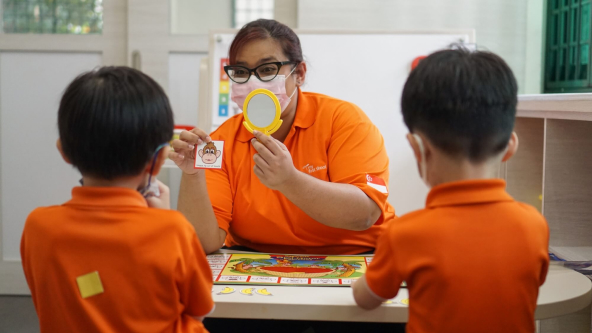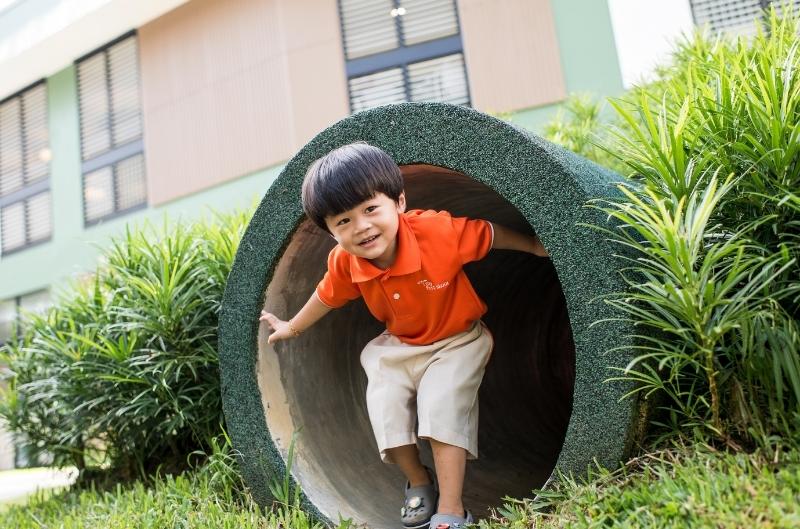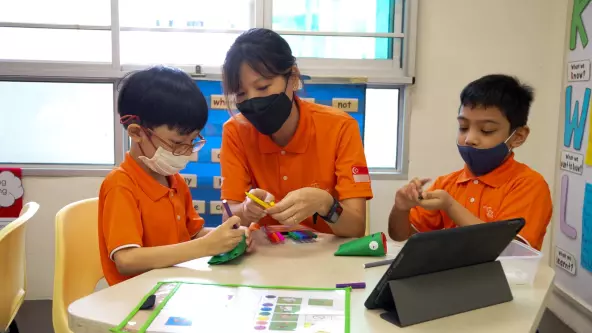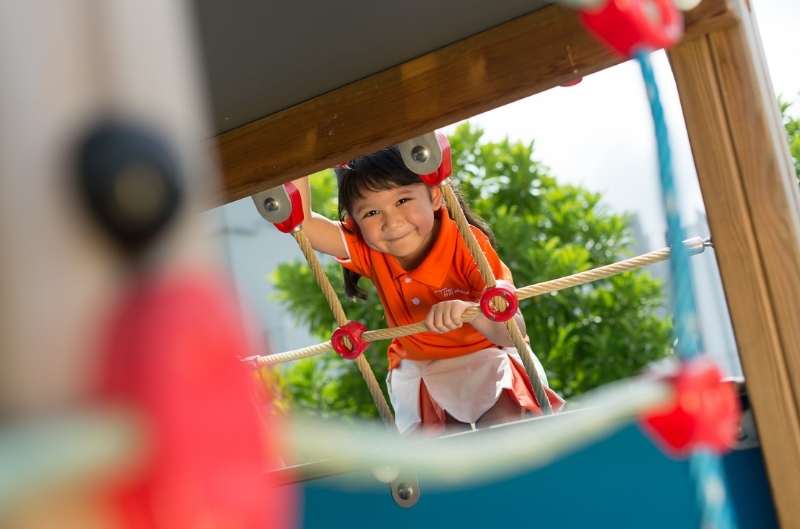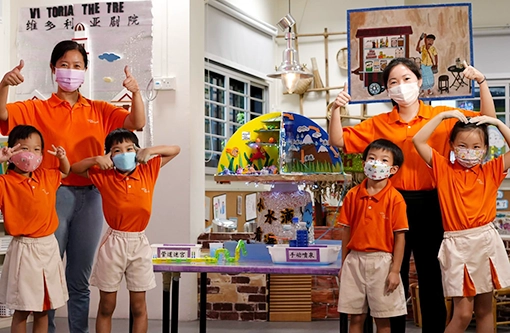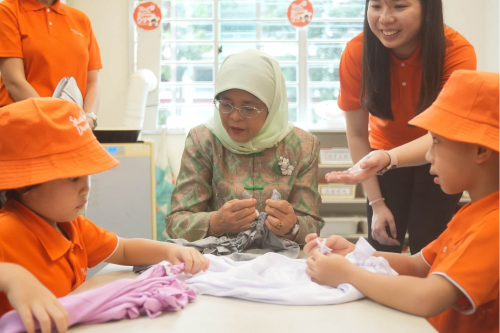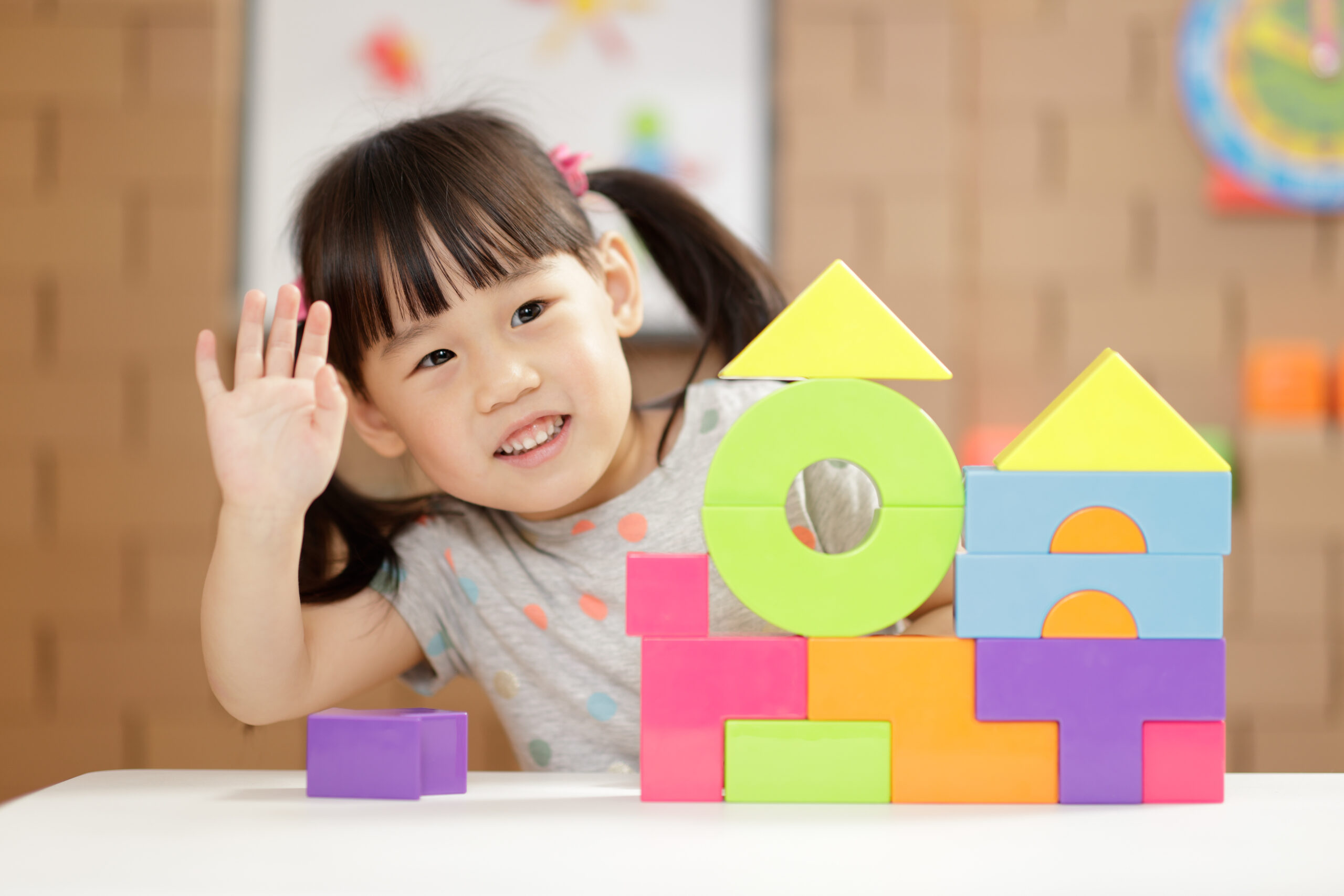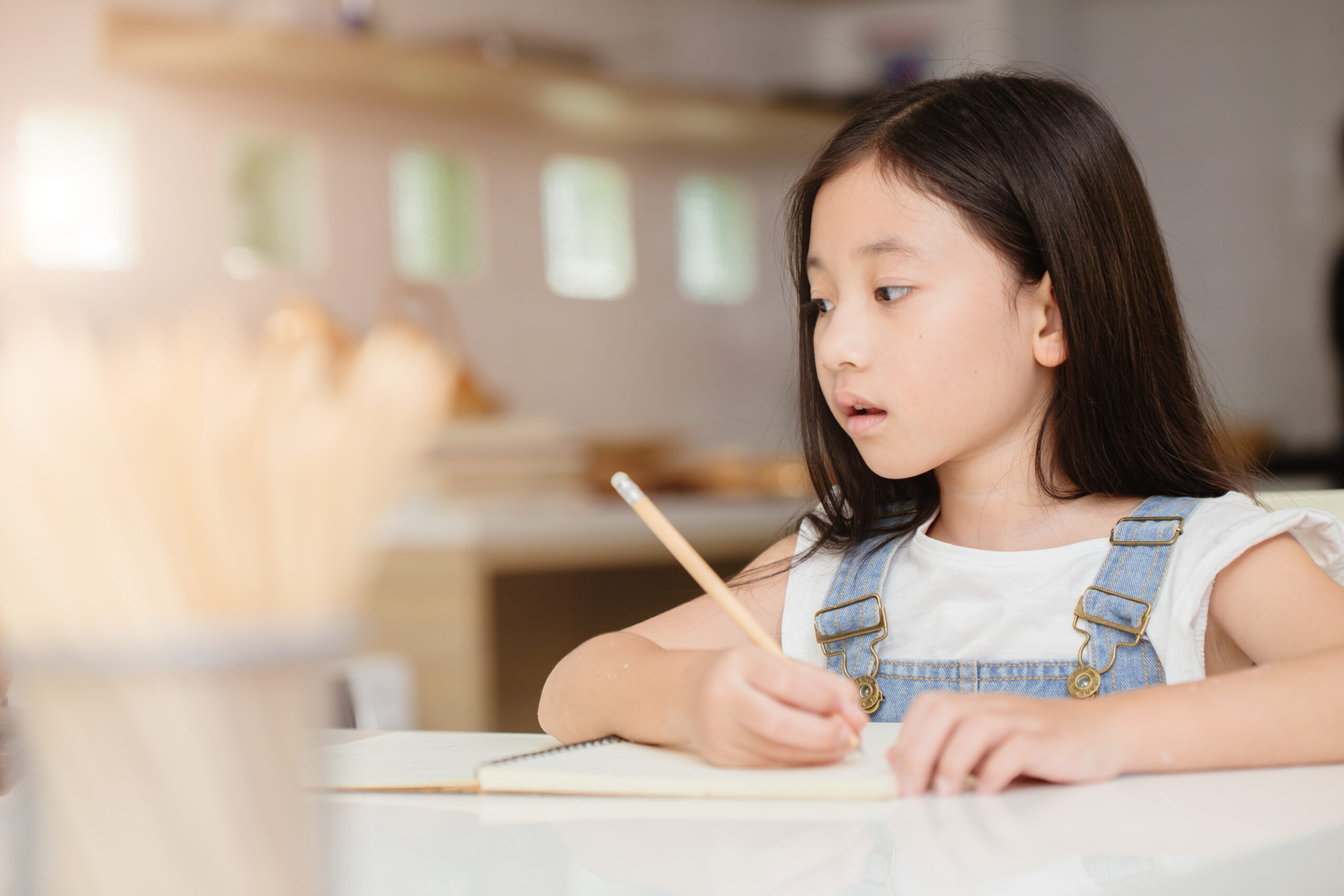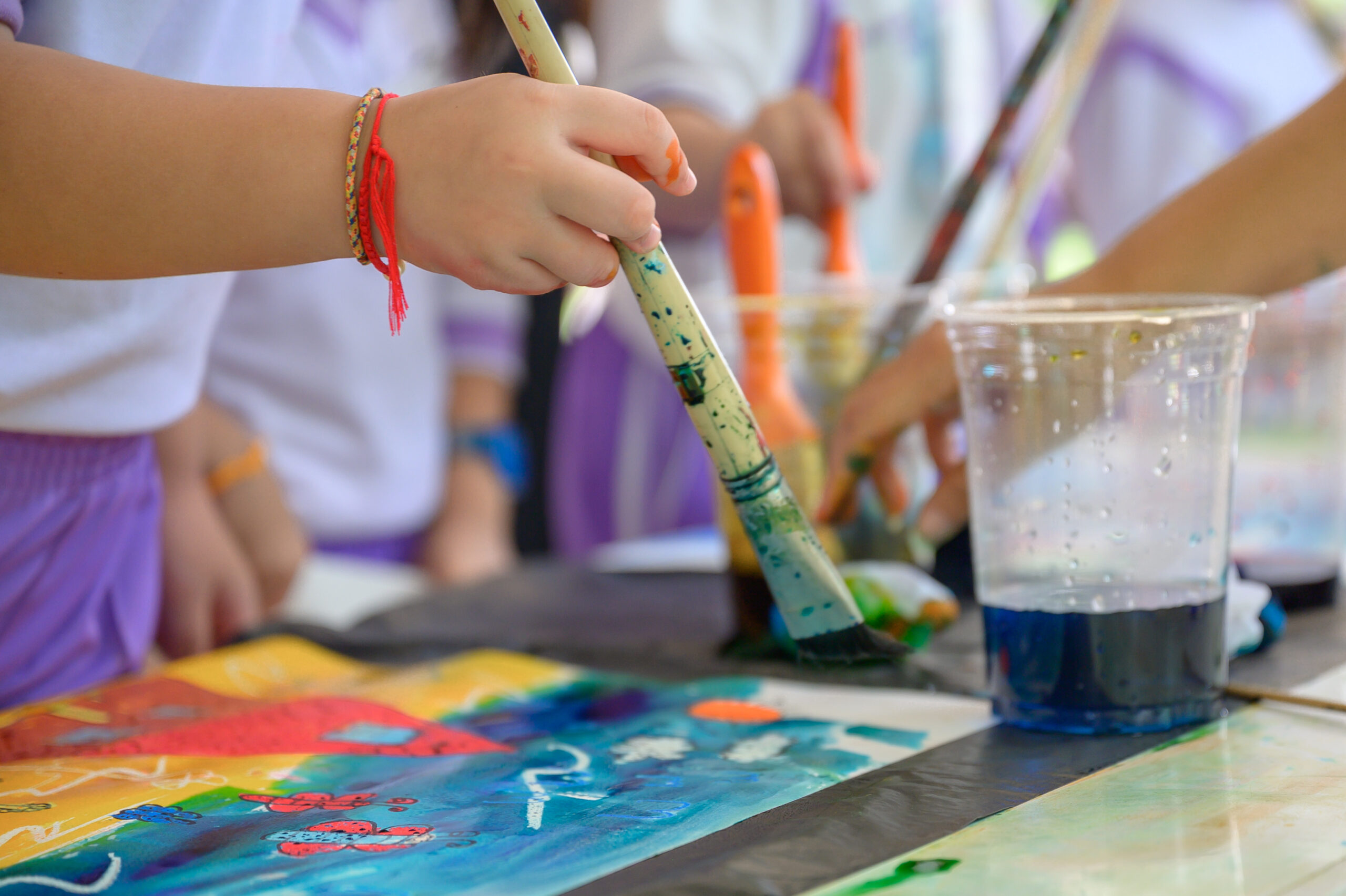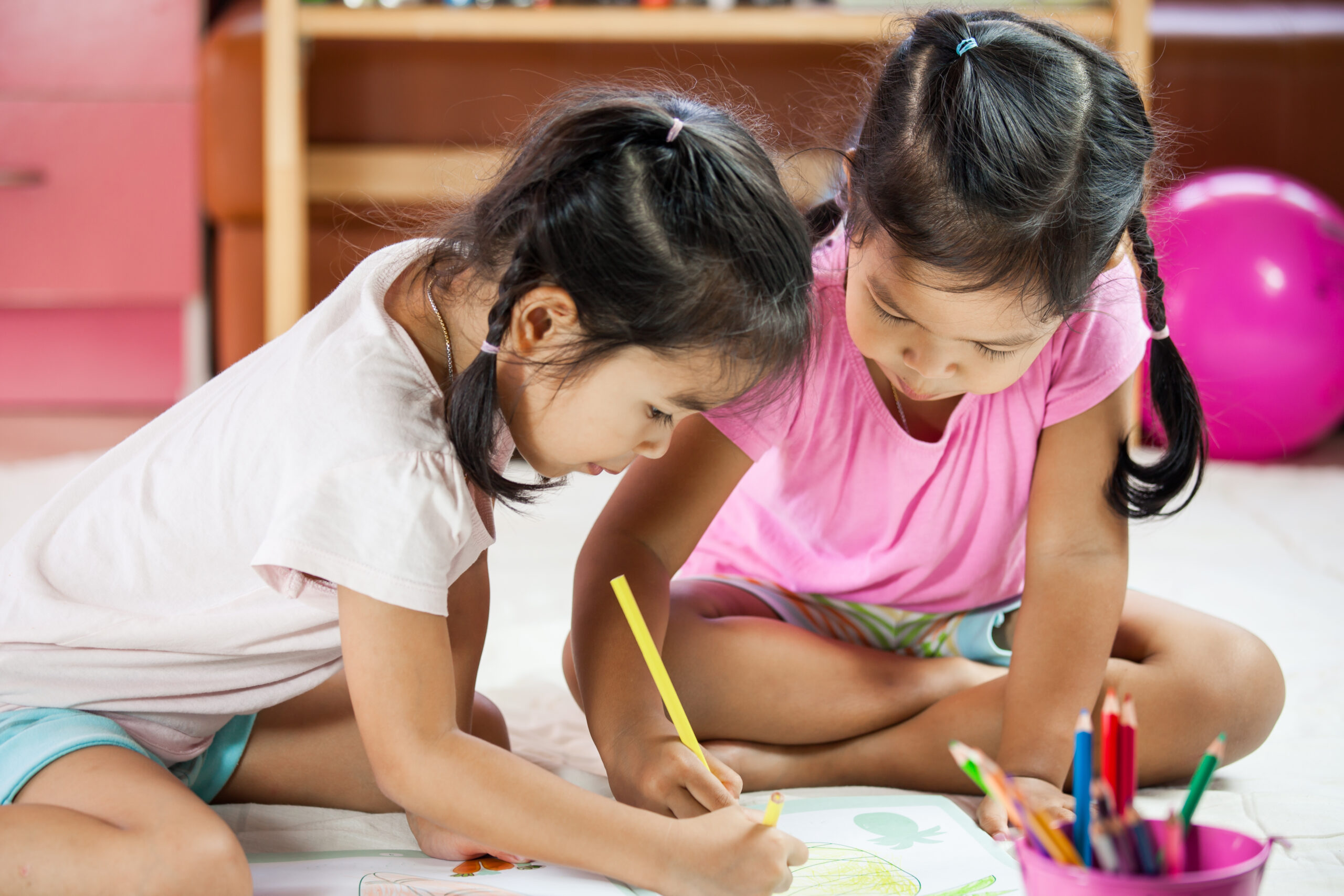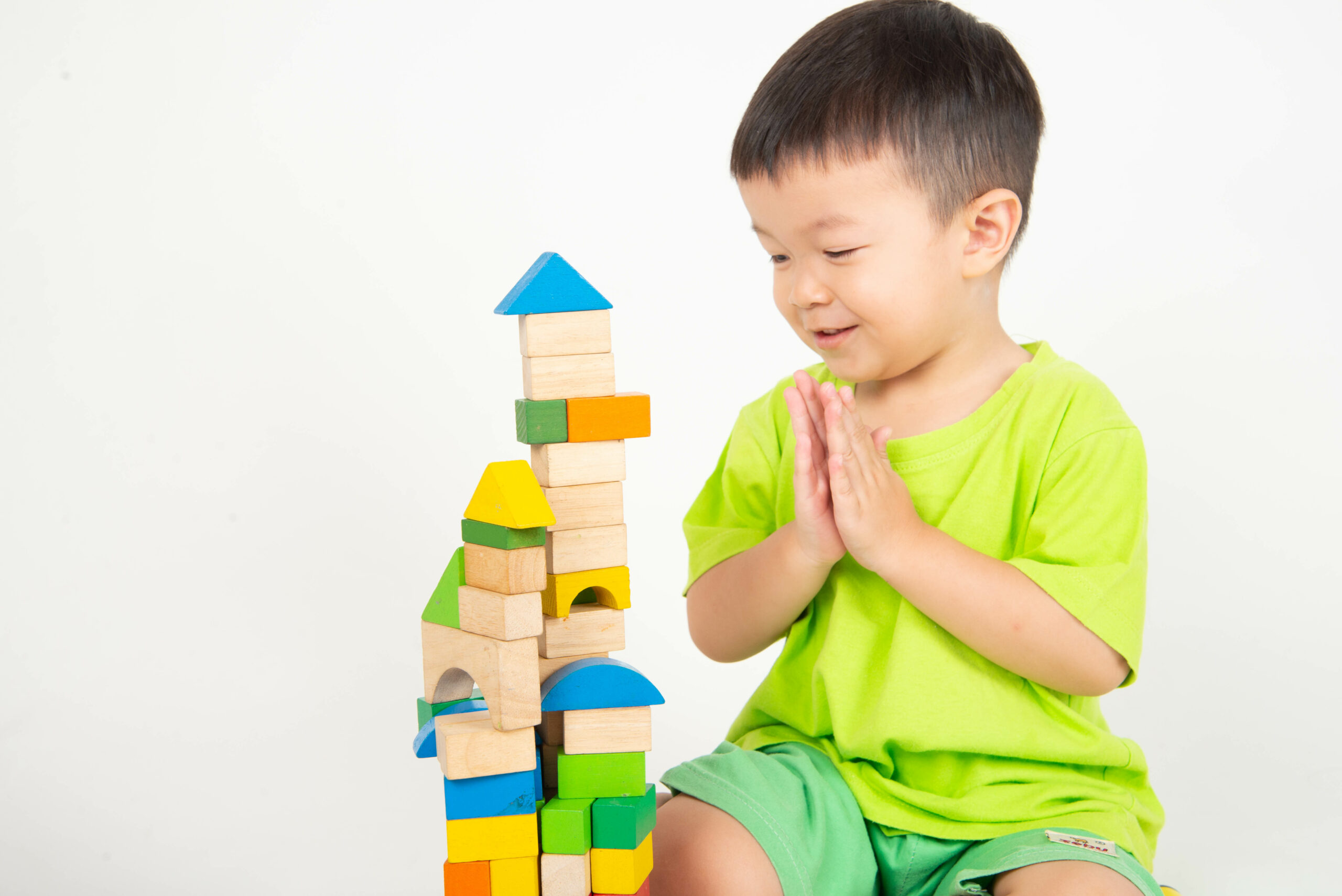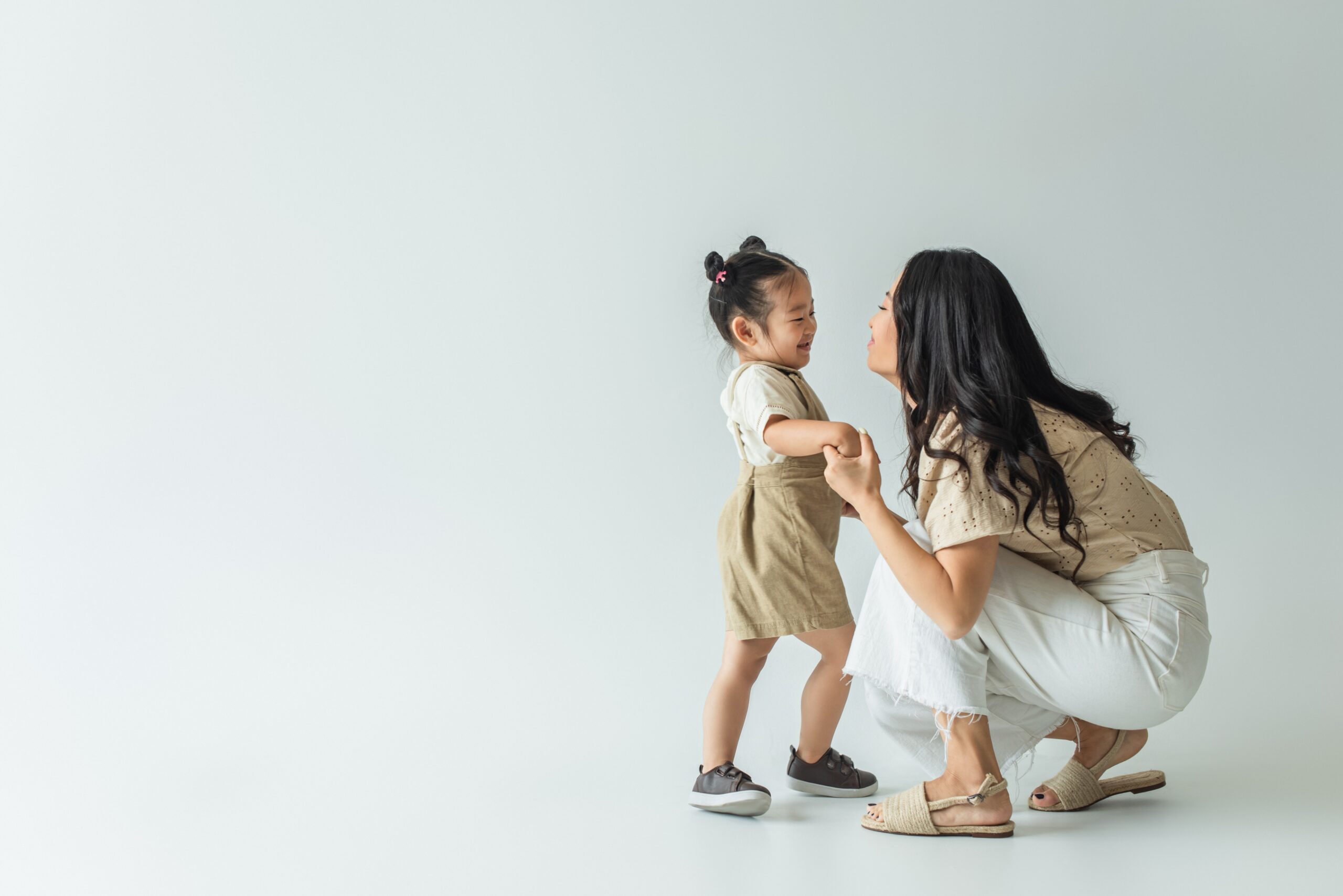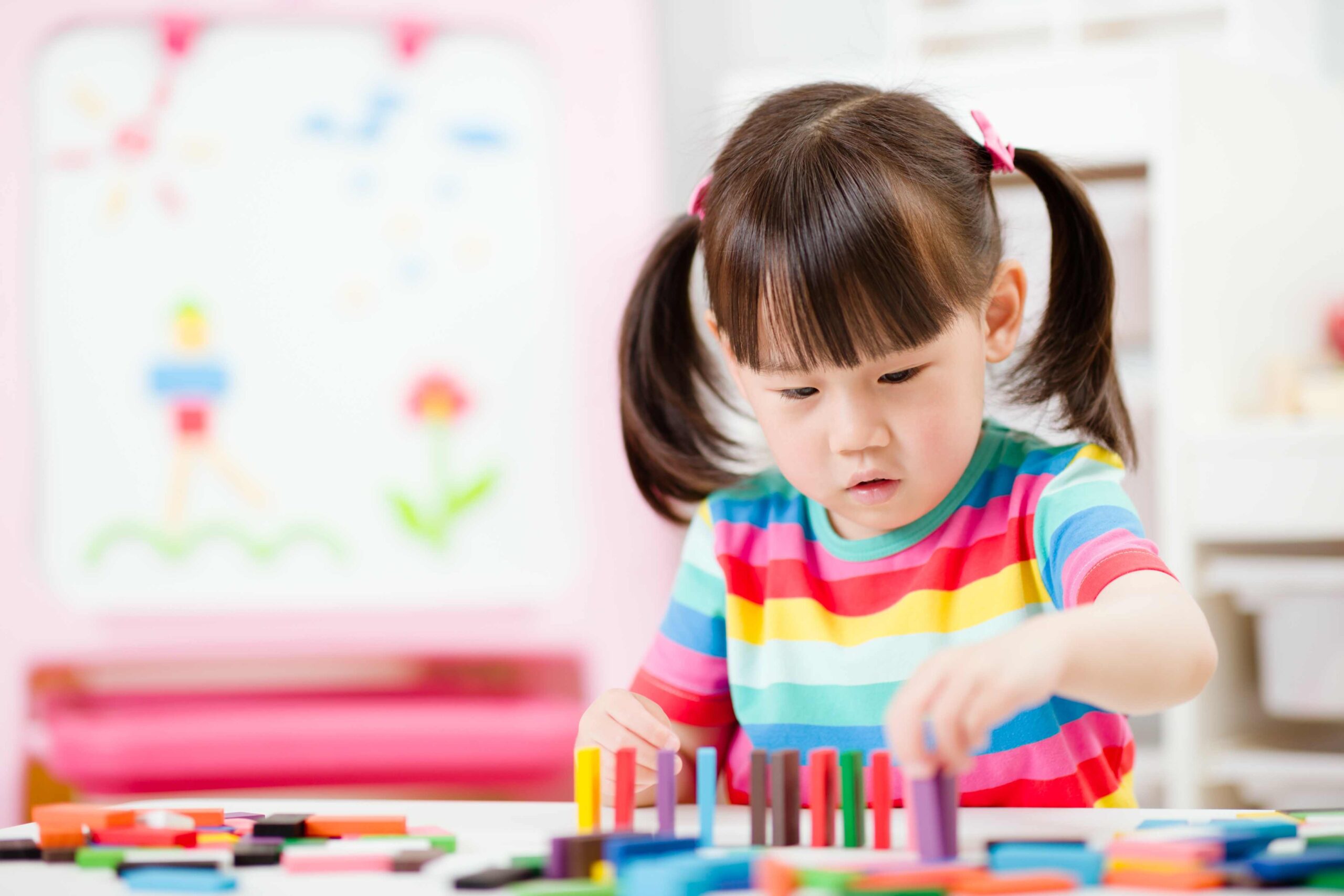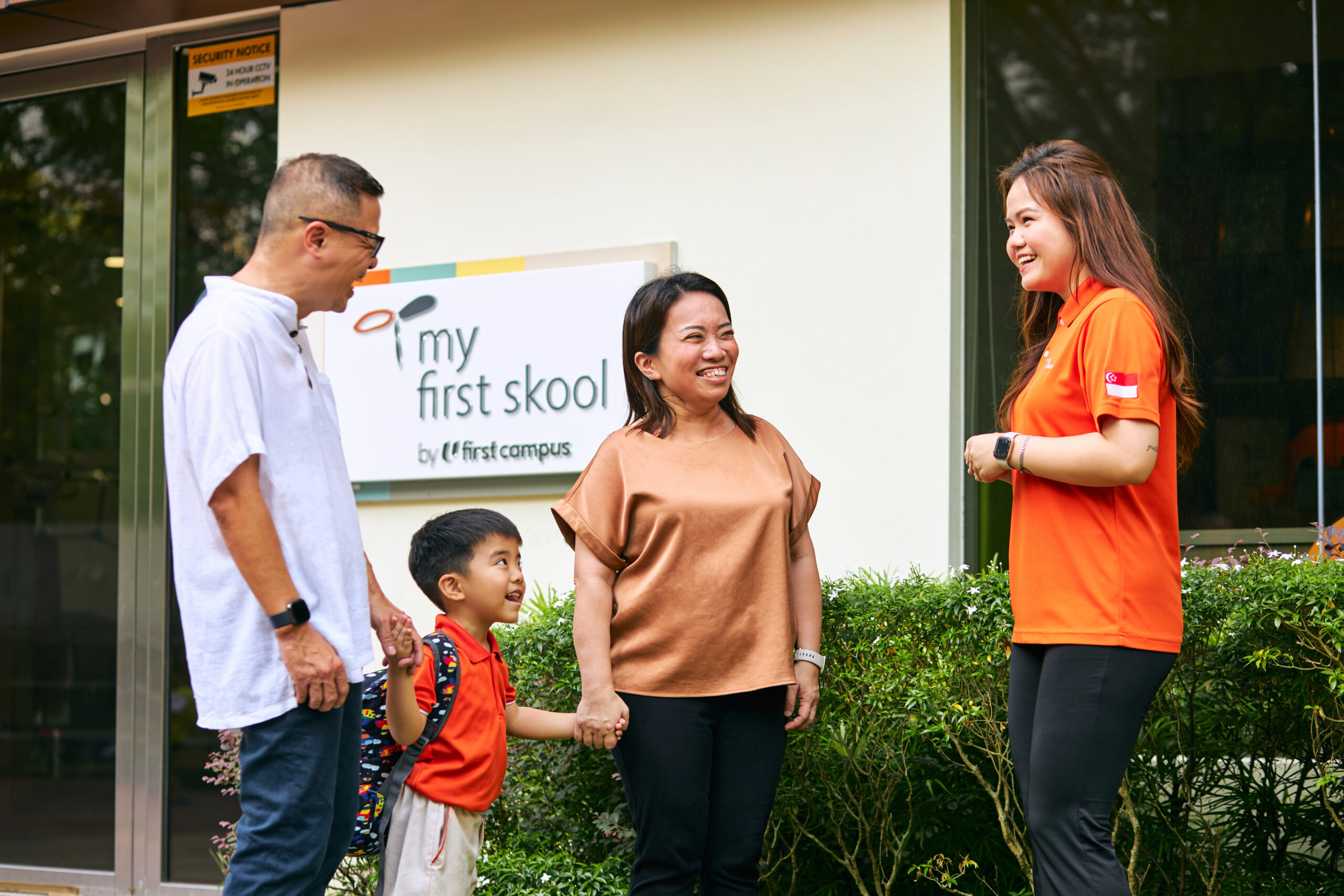How can we help?
How Positive Teacher-Child Relationships Help Children Succeed in Life
Positive Parenting
Did you know that children with a strong sense of security, trust and self-confidence, tend to learn better than their peers? One of the ways that children develop these qualities early in life is through strong, positive relationships with their caregivers.
Infants and toddlers thrive in a caring, comforting and trusting environment – where the child feels safe and secure, both physically and emotionally, with the people around them. For most children, their early “safe spaces” are at home and in school.
Nurturing strong relationships
At My First Skool, we believe strongly in the importance of building close teacher-child relationships. In our experience, the relationship between a child and their teacher will form the bedrock of their preschool experience – and determine how well they develop socially, physically and emotionally.
This is why our teachers go beyond classroom curriculum to reach out to children. We believe that the recipe for forming close relationships with children is a generous dose of care, several helpings of close communication with parents, heaps of keen observation, and scoops of well-planned routine.
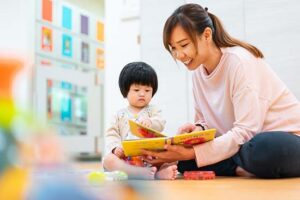
Close communication with parents
When you meet our teachers, don’t be surprised when they ask questions like, “Who are the members in your family?”, “How does your family usually spend weekends?” and “How is life in your household?” Our teachers are interested in getting to know each child’s family and their life outside of school.
These friendly chats also let our teachers know how your child behaves in other environments, as well as their likes, dislikes, closest family members, and more. This collaborative approach gives our teachers the information they need to better understand and communicate with your child – building close, trusting relationships with them.
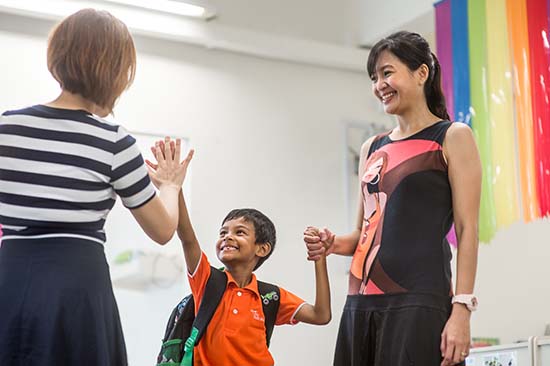
Observant and responsive teachers
As early childhood professionals, our teachers are trained to observe the body language of infants and toddlers – accurately reading cues that tell them what the child needs, before responding accordingly. Our teachers generally have a good read on how your child is feeling, and this improves over time as they get to know your child better (and as your child becomes more comfortable with communicating their needs and wants to their teacher).
When a teacher needs a child to wait for attention, they know how to relate this message to the child in a reassuring way – so that child knows that they will be attended to soon. This helps children to feel safe and secure, while under the caring eyes of their teacher.
Engaging play
Engaging play is one of the most effective ways to establish relationships with children, and My First Skool’s “dramatic learning corners” provide teachers and children with opportunities for such playtime.
Spending time playing with the children sends a simple message of “you are important to me”. This message helps the children to learn about who they are and the relationships they form with others. Through play, our teachers also show support and encouragement for children to explore, experiment and learn from their mistakes. The time spent playing, listening and interacting with the children, help them to learn the skills they need for life, like communicating, thinking, solving problems, etc. For example, if a child who is playing the role of a shopkeeper has difficulty in counting money, the teacher will step in to facilitate the learning – turning potential frustration into a valuable learning opportunity, while developing trust between child and teacher.
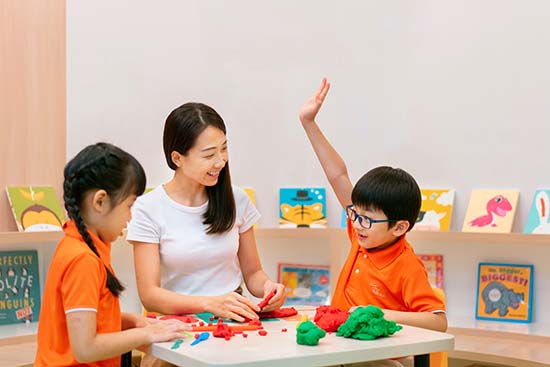
Being open with emotions
Emotions are an everyday part of life – especially so when you’re a child. Our teachers use children’s natural connection to a wide variety of emotions to teach them valuable lessons. By teaching children about the many different emotions available, children can recognise and access these emotions more freely – and manage them better.
In our classrooms, it’s common to see teachers give positive affirmation to children when they behave well or do something nice for their classmates – affirmations such as, “I’m very happy that Susan helped me to keep the toys after playtime.” Our teachers also utilise a wide range of emotions to show children that it’s alright to express their feelings in an appropriate manner, like “I’m sorry that your brother is feeling unwell. What can you do to make him feel better?”
Improving relationships with routine activities
Routines are fantastic for building close, trusting relationships between teachers and children. Maintaining a child’s naptime, playtime and feeding schedule help the infant or toddler to feel safe and secure, as they know what to expect throughout the day. It also helps the teachers to understand what the needs of the child are.
For example, when a toddler cries when it is near meal-time, the teachers are able to understand that the child is hungry. She will be able to ask the child the ‘right’ question and strike a meaningful conversation with him. The teacher could ask the child, “I know you are hungry now. Shall we go and have our lunch?” When a teacher does that, it gives the child the assurance that she knows he is thinking about and will be able to help him when he needed help. This process forms a trusting attachment between the child and the teacher.
The value of strong teacher-child relationships
We place a strong emphasis on developing strong relationships between children and teachers, as this promotes healthy brain development in little ones. This is because when children feel comfortable enough to depend emotionally on their caregivers, they tend to be more open and involved with lessons and daily activities – which accelerates the development of their interests and learning capabilities.
Our relationships-based curriculum encourages our teachers to prepare their environments (i.e. classrooms and play areas) based on their observations of their children’s interests and needs. Then, children are given the opportunity to choose their preferred activities and interactions. This builds an atmosphere of trust and fun, and develops confidence in children.

